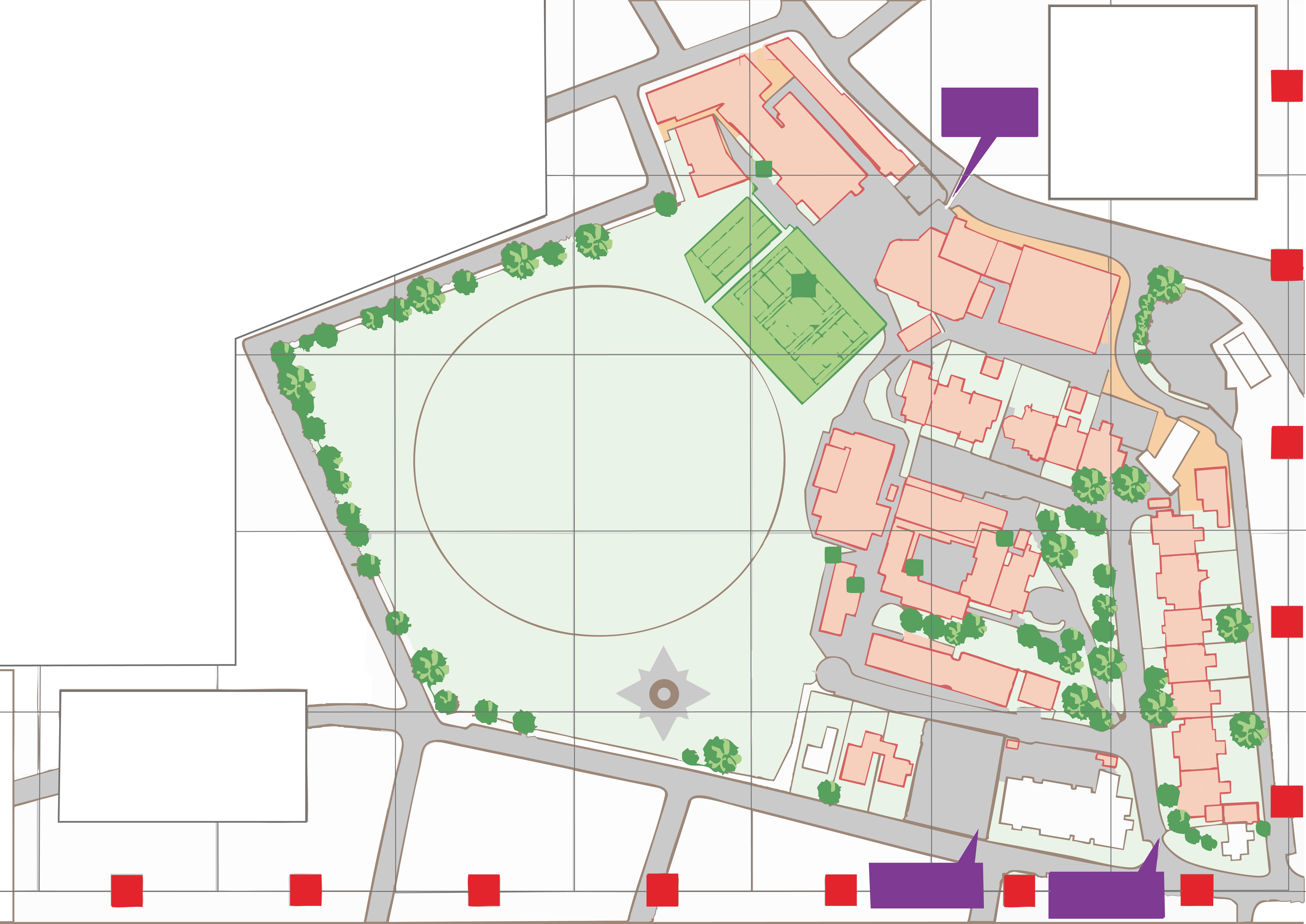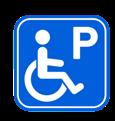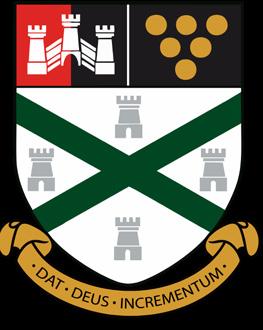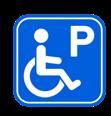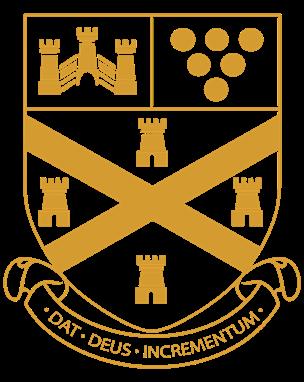
CO-EDUCATIONAL INDEPENDENT SCHOOL

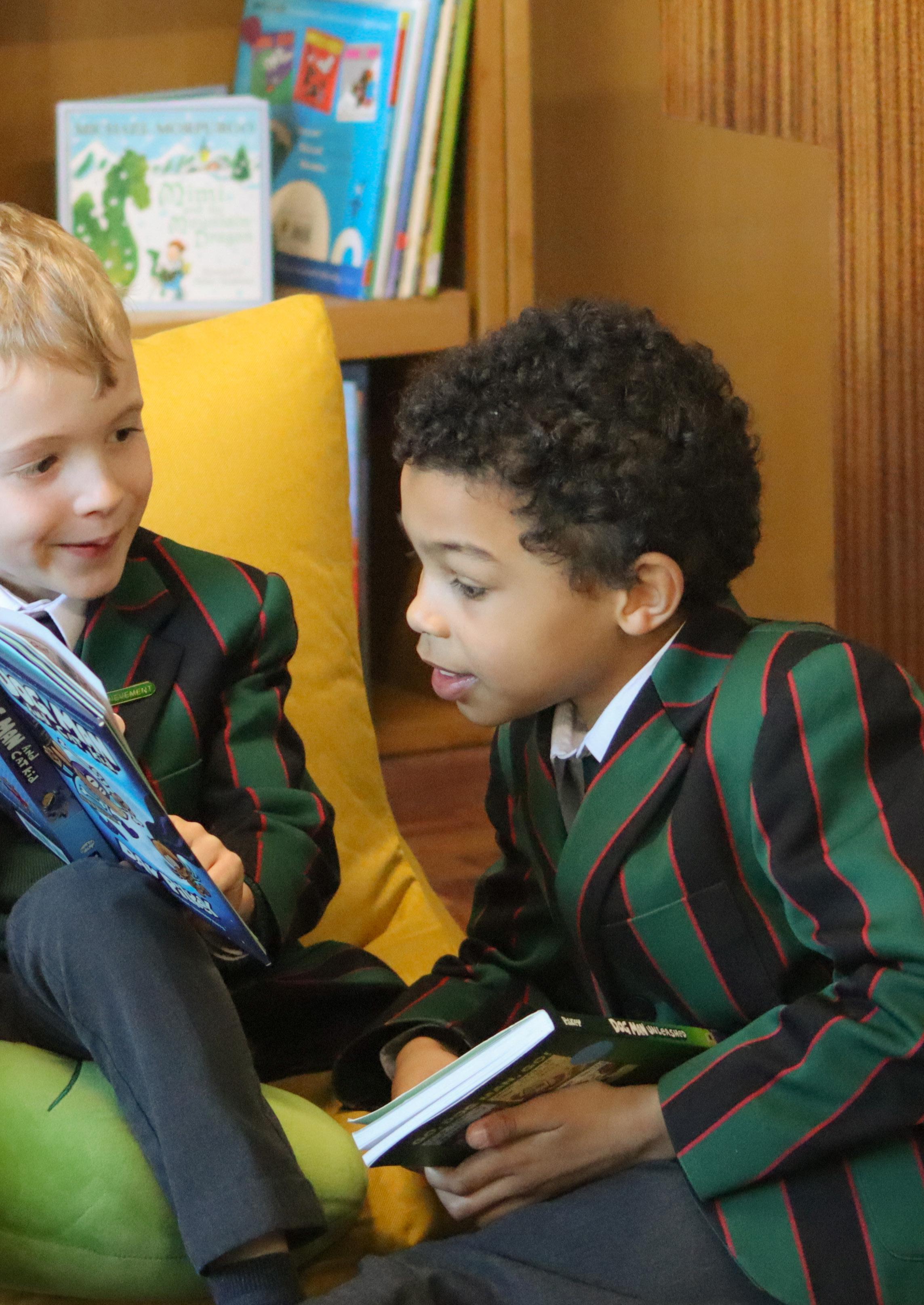
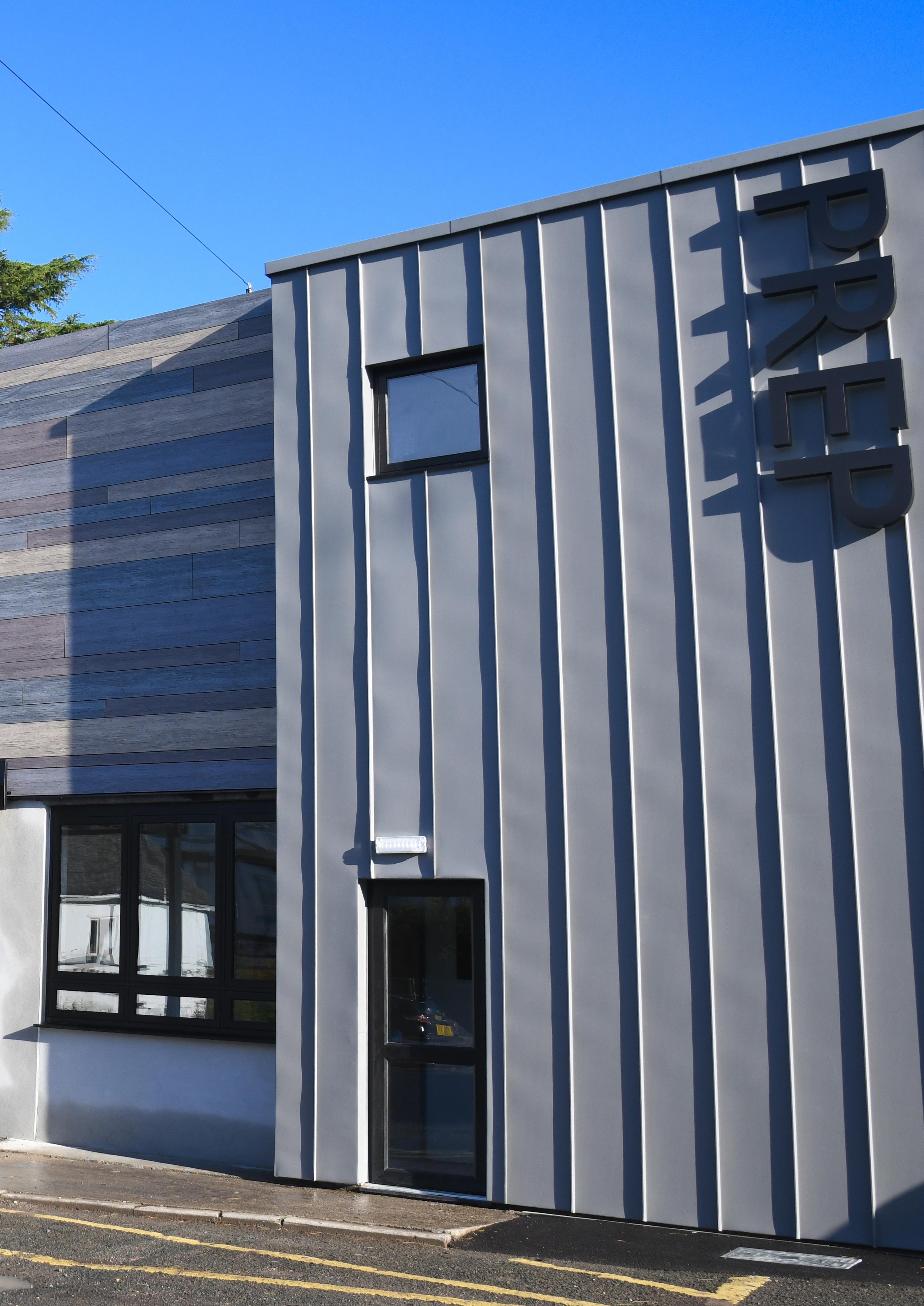


CO-EDUCATIONAL INDEPENDENT SCHOOL



Schools will always be a source of hope and promise for the future, and developing young learners in schools is both a privilege and a challenge. Working to support and guide young children (and adolescents in the Senior School) through what seems an increasingly uncertain world is a truly important vocation, carrying great responsibility and reward. It is also very exciting and great fun to be in the middle of all the learning going on - with some of my happiest moments in education happening on the carpet in the Early Years department.

Our young pupils learn about so much, from dinosaurs and fossils in the early years through to recognising geometric progressions in Year 6 Mathematics, and everything that goes on in between. There is a lot to learn beyond the classroom too, with excellent facilities and expert tuition in the broadest of activity programmes - with children learning a lot about themselves, their resilience, about others, about friendship, teamwork and the wider world.
Our Prep School is a vibrant, happy and busy learning community - we hope that you’ll visit, and that you won’t want to leave.
Peter Watts (Headmaster)
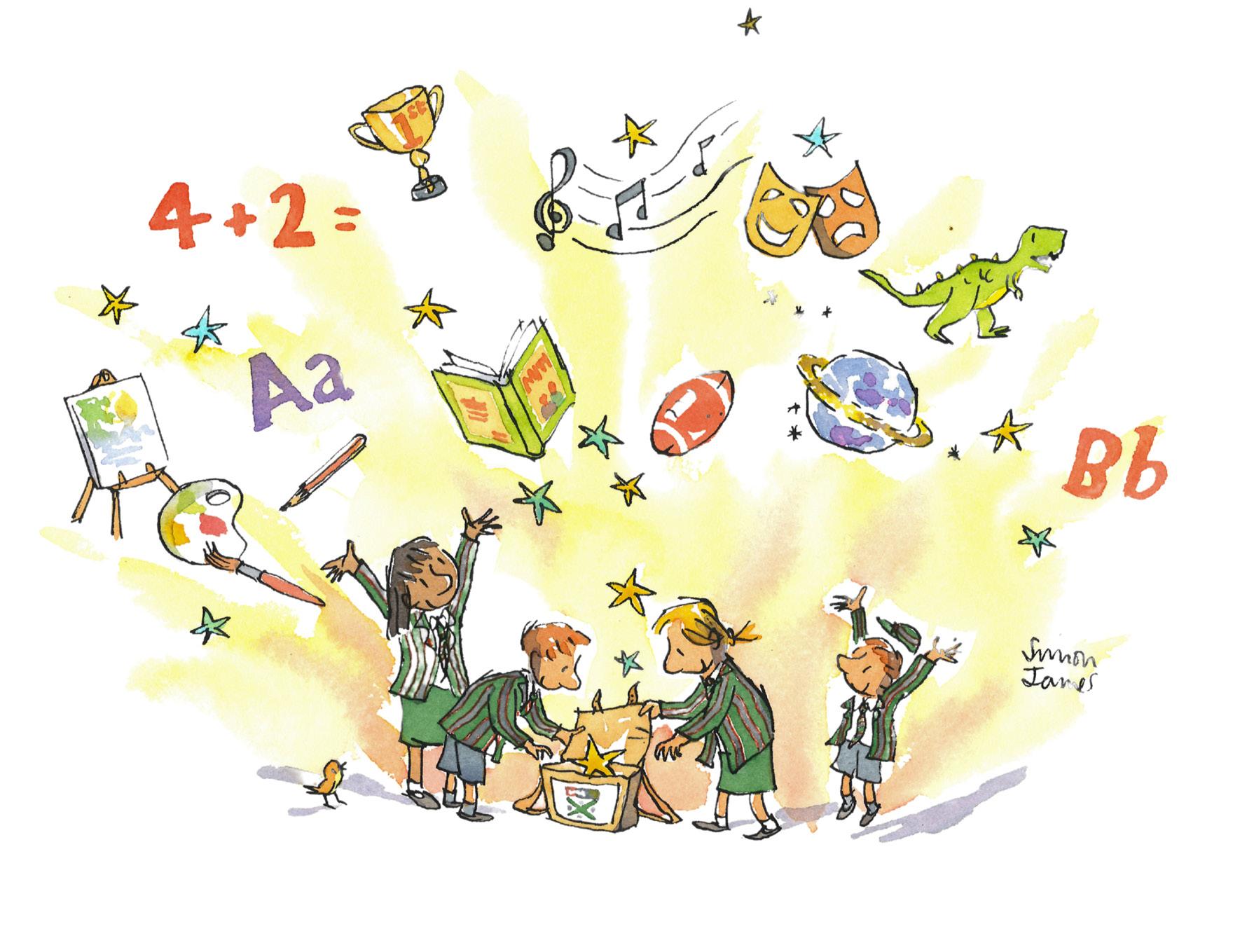
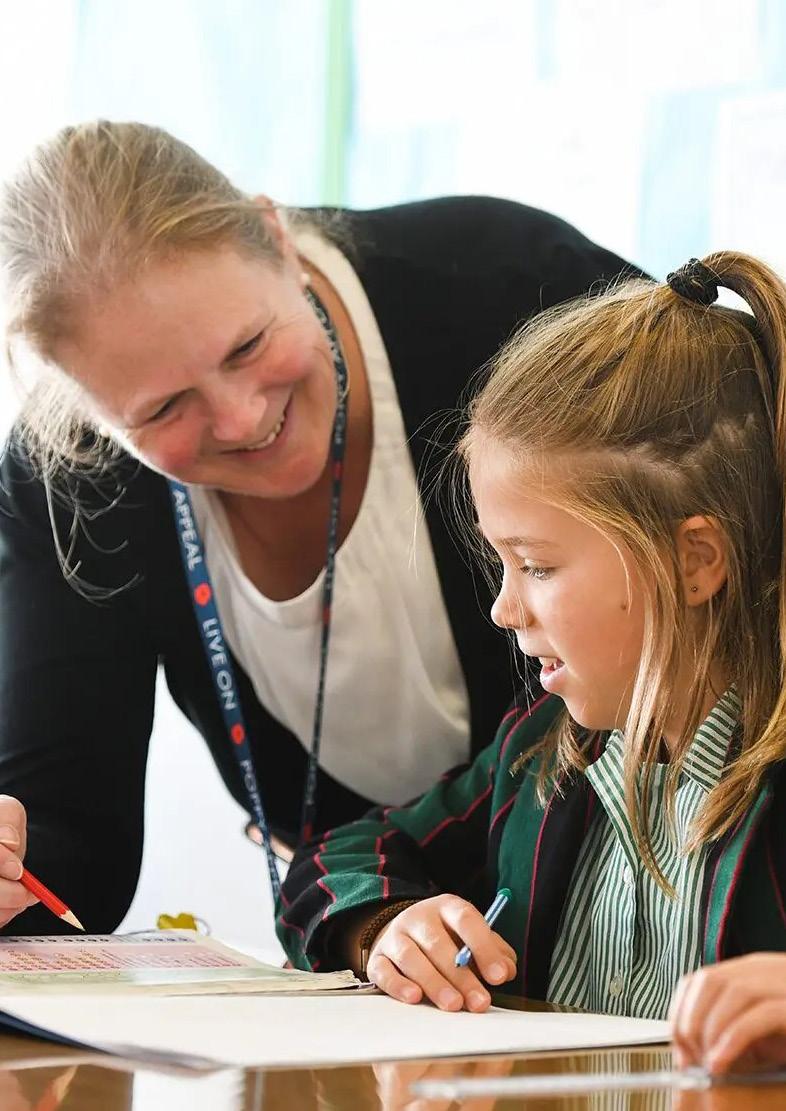
It is with great pleasure that I welcome you to Plymouth College Prep School, a place where young minds are nurtured, character is shaped, and lifelong learners are developed. Our school is built upon the core values of integrity, service, respect, resilience, kindness, and aspiration, which are embedded in every aspect of school life.
We believe in providing a holistic educational experience that goes beyond academic excellence. Our pupils are encouraged to explore their passions, develop their strengths, and embrace challenges with confidence. We foster an environment where curiosity is celebrated, creativity is ignited, and individual potential is fully realised.
Our outstanding facilities further enrich the learning experience. From our well-equipped science and design technology laboratories to our impressive sports hall, swimming pool, and fencing studio, pupils have access to exceptional resources that support both their academic and co-curricular pursuits. Our dynamic arts and music programmes, alongside our dedication to sports and leadership development, ensure that every child receives a well-rounded education.
Beyond our grounds, the stunning natural surroundings of the sea and moors provide endless opportunities for outdoor education. Pupils can immerse themselves in activities such as paddleboarding, caving, den building, and ghyll scrambling, fostering resilience, teamwork, and a deep appreciation for the environment. These experiences complement our commitment to holistic development, allowing pupils to learn, grow, and thrive in a truly enriching setting.
Central to our ethos is the belief that education is not just about knowledge but also about character. Through service to others, respect for diversity, and a commitment to resilience in the face of challenges, our pupils grow into compassionate and confident individuals, ready to make a positive impact in the world.
We take great joy in watching our newest pupils settle in and flourish at Plymouth College, gaining confidence and growing into themselves as they progress through their years with us before transitioning to the Senior School. No matter when your child joins our community, they will be warmly welcomed by both their peers and our dedicated staff in the Prep School. This handbook provides a helpful guide to how things operate and answers many of the questions you may have as you prepare for this exciting new chapter.
We look forward to welcoming you and your family to our school community.
Jo Newnham (Prep Head)
HEAD - Mr P Watts
HEAD OF PREP - Miss J Newnham
HEAD OF EYFS - Mrs F McWilliam
Mrs S Dutta (Pre-School Teacher)
Mrs F Lister (Pre-School Teacher)
Mrs F McWilliam (Reception Teacher)
Mrs L Moulding (Reception Teacher)
Mrs H Bouverie (Teaching Assistant – EYFS)
Mrs S Evans (Teaching Assistant – EYFS)
Mrs K Stott (Teaching Assistant - EYFS)
KS1
Mrs J Manuel (Year 1 Teacher and Head of English (Prep))
Mrs C Spence (Year 1 Teacher)
Mrs E Bales (Year 2 Teacher)
Mrs J Smith (Year 2 Teacher)
Mrs P Mullaney (Teaching Assistant – KS1)
Mrs T Stubbs (Teaching Assistant – KS1)
KS2
Miss C Ellis (Year 3 Teacher)
Mr C Paull (Year 4 Teacher and Head of Maths (Prep))
Mrs L St John (Year 5 Form Tutor)
M P Underwood (Year 5 Form Tutor)
Miss E Fabian (Year 6 Form Tutor )
Mr R Stubbs (Year 6 Form Tutor)
Mrs L St John (English, French and Spanish)
M P Underwood (English and PE)
Miss N S L Husband (English and Drama)
Miss J Newnham (Maths)
Mrs F Hanvey (Maths and Science and Head of Wider Curriculum (Prep))
Miss L M Odendaal (Maths and PE)
Mr M Gibbs (Science)
Mr J Thompson (Science)
Mrs A-L Chubb (History)
Miss K Haynes (Geography)
Mr N Watson (Computing)
Miss F Venon (French)
Mrs N Lisney (Design Technology)
Miss A Reynaud (Product Design)
Mrs C Haffenden (Art)
Mr R Stubbs (RE and Music)
Mrs J Eglinton (Performing Arts & Music)
Miss E Fabian (PE)
Mrs P de Jager (Assistant SENCo)
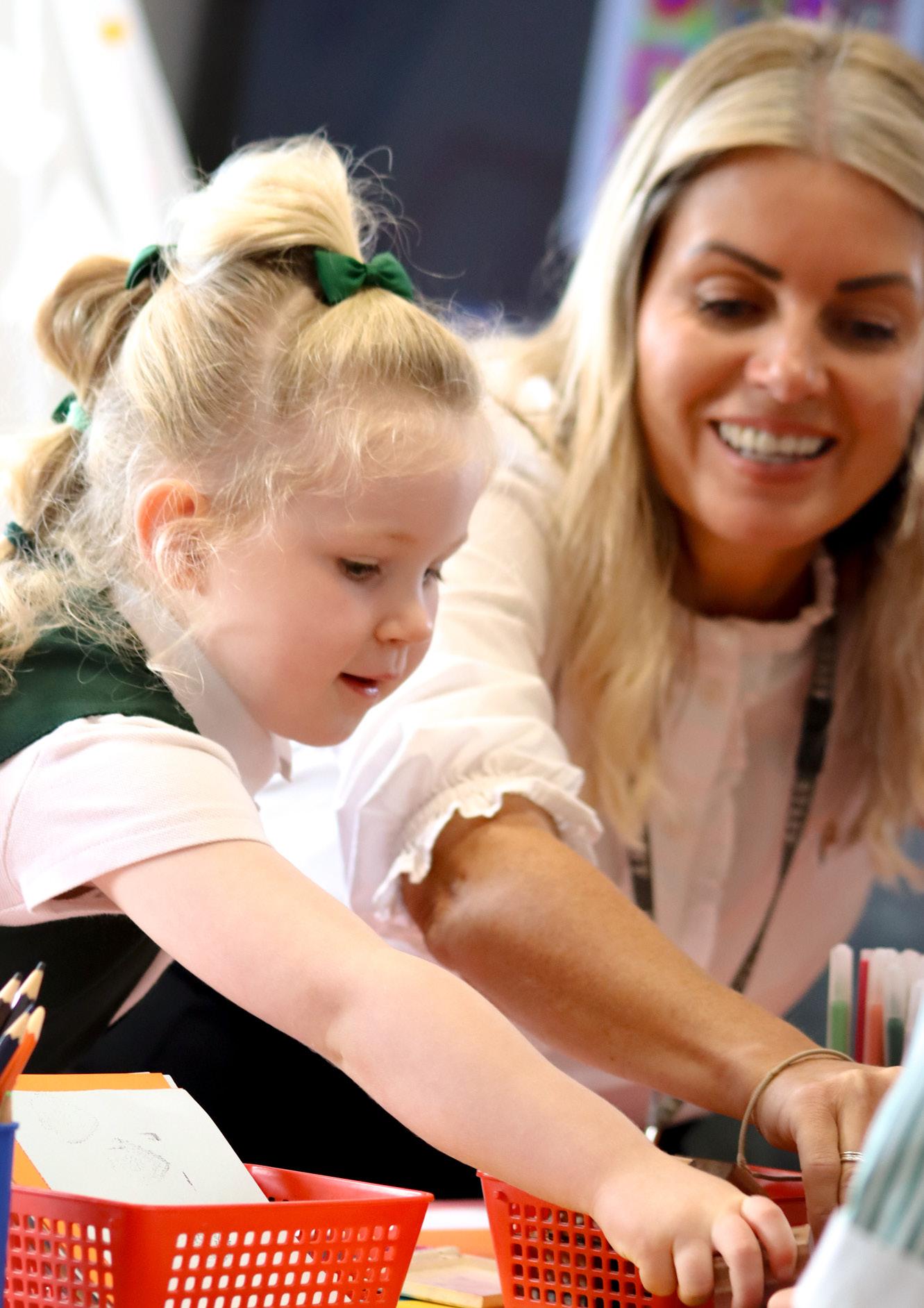
Plymouth College is a HMC independent day and boarding school for boys and girls aged 3 to 18. We are based in the very heart of Plymouth, known as Britain’s Ocean City, just a few minutes away from some of the world’s best coastline to the south and the beautiful countryside of Dartmoor National Park to the north.
We have been providing an excellent education to pupils from Plymouth, all over the UK and around the world since we were founded in 1877. Indeed, our most recent ISI inspection concluded that the quality of our education provision was excellent in every respect. Our original school motto is ‘Dat Deus Incrementum’ – God Gives The Increase. Our contemporary interpretation of this is ‘Plymouth College: Where Everything Is Possible’, reflecting our positive, can-do, growth mindset and our holistic educational ethos.
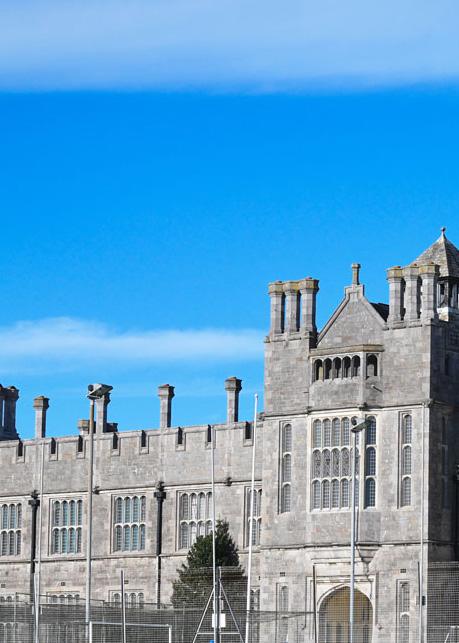
OUR GOALS ARE TO:
• Develop pupils’ inquisitive nature and appreciation for learning
• Help pupils become well-informed members of society
• Inspire pupils to achieve more than they thought possible
• Help pupils develop a love of learning that will last throughout their lives
Welcome to Plymouth College’s Pre-School, where we provide an outstanding environment for your child’s first steps into lifelong learning. Children from the age three will be welcomed by our experienced and dedicated team who foster a warm and nurturing atmosphere, helping children build confidence as they embark on their educational journey.
Our philosophy centres on learning through play, exploration, and hands-on experiences, which we believe are the fundamental building blocks for fostering a lifelong passion for learning. We bridge the transition from nursery to school by introducing academic enrichment, giving children an early start in literacy and numeracy while encouraging them to believe that anything is possible.
• Highly qualified and experienced primary teachers leading the learning experience
• Small class sizes to provide personalised attention and tailored learning pathways
• A carefully designed Early Years curriculum that supports excellent progress for each child
• Weekly specialist-led music and PE lessons, utilising our exceptional facilities
• Nutritious and freshly prepared hot lunches served daily
• A dynamic outdoor learning curriculum, including sessions with forest school specialists
• Flexible morning drop-off from 8 am for parents’ convenience
• An after-school care program extending the day until 6 pm if needed
• Access to Plymouth City Council funding, allowing parents to claim up to 15 hours of free childcare per week.
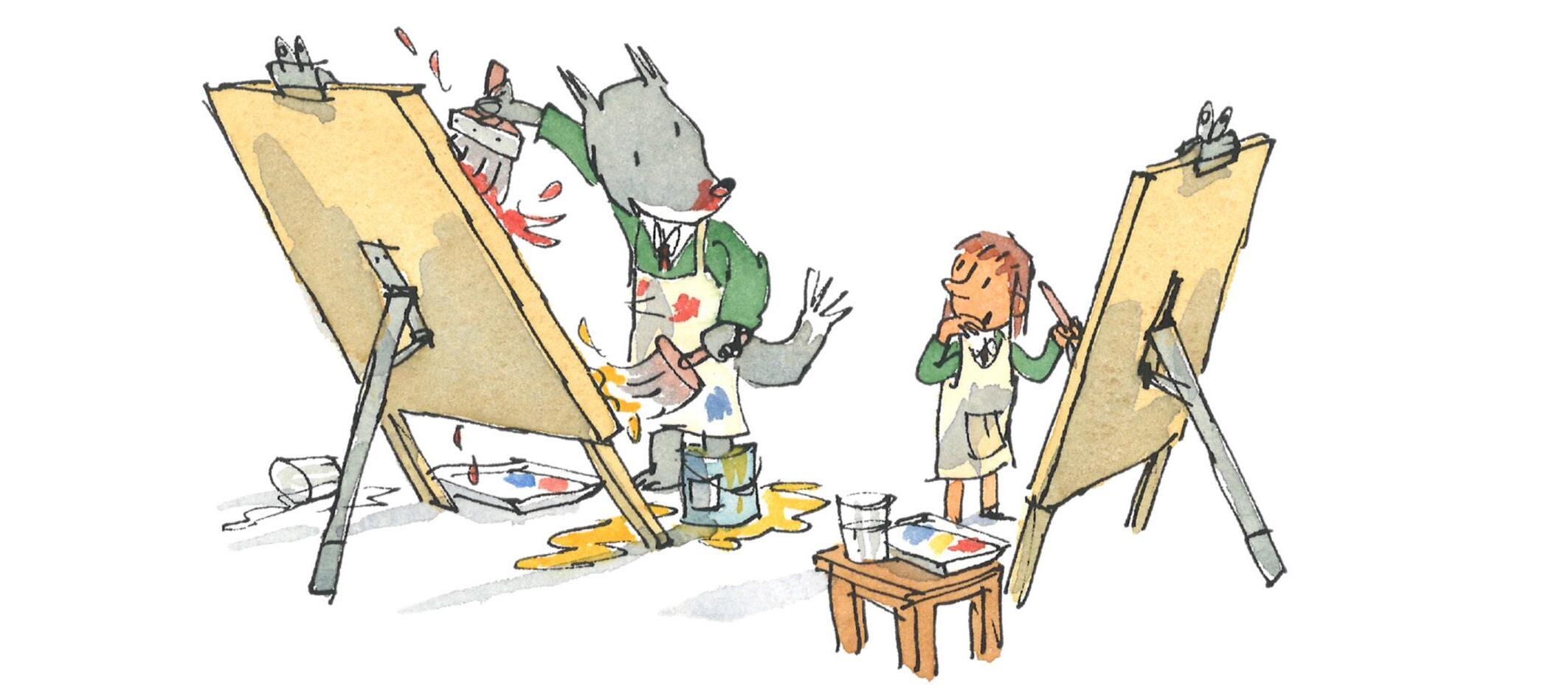
From an early age, we nurture genuine selfconfidence in our pupils, fostering an environment where they feel supported, encouraged, and empowered to embrace new experiences. Our small class sizes and dedicated specialist staff ensure that every child receives the individual attention they need to thrive.
Right from the start, our youngest children are fully integrated into the school community. They engage with older pupils daily during assemblies, break times, and whole-school events, helping to build friendships and a strong sense of belonging.
The well-being of our pupils is a top priority. Our comprehensive PSHE curriculum is designed to support children at every stage of their development. Younger pupils benefit from engaging lessons delivered by their class teachers and through assemblies, while Year 5 and 6 pupils receive dedicated PSHE lessons and tutor time to equip them with the skills and confidence needed to navigate the wider world. Each child is supported by a dedicated class teacher or form tutor (for Year 5 and 6) ensuring they receive the guidance necessary to flourish.
We actively promote leadership skills across all areas of school life, particularly in sport, outdoor activities, music, drama, and our House system.
The opportunity to become an ambassador epresents the culmination of their leadership journey, instilling confidence and responsibility before they transition to Senior School.
KEY FEATURES OF KEY STAGE 1 AND KEY STAGE 2:
• Highly qualified and experienced teachers leading the learning experience
• Small class sizes to provide personalised attention and tailored learning pathways
• Flexible morning drop-off from 8 am for parents’ convenience
• Engaging after-school co-curricular program running until 5 pm
• Extended aftercare option available until 6 pm if required.
• Access to school bus services daily or on selected days
• Subject teachers in all subjects in Years 5 and 6
• Specialist teachers in Years 1-4 with some subject specialist teaching in Art, Music, PE and Computing.

We inspire our pupils to dream big and strive for excellence in all that they do. Aspiration fuels our learning environment, encouraging pupils to push their boundaries, set ambitious goals, and continuously seek personal and academic growth.
Respect is at the heart of our school community. We cultivate an atmosphere where every individual is valued, differences are embraced, and kindness is shown to all. Through mutual respect, we create a harmonious environment where pupils learn to appreciate diverse perspectives and collaborate effectively.
Challenges are an essential part of growth, and we instill resilience in our pupils, helping them develop perseverance and confidence to overcome obstacles. By fostering a mindset of determination and adaptability, we prepare our pupils to face the complexities of life with courage and optimism.
Kindness is a fundamental value that shapes our school culture. We encourage our pupils to demonstrate compassion, empathy, and generosity in their interactions with others. By creating a supportive and caring environment, we nurture individuals who contribute positively to their communities.
Honesty and strong moral principles are the foundation of a trustworthy and ethical school community. We teach our pupils the importance of integrity, ensuring they develop a sense of responsibility, accountability, and a commitment to doing what is right, even when no one is watching.
Giving back to others is an integral part of our philosophy. Through acts of service, whether within the school or in the wider community, our pupils learn the value of selflessness, leadership, and making a meaningful difference in the lives of others.
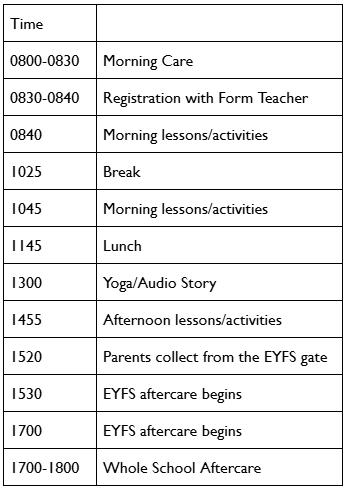
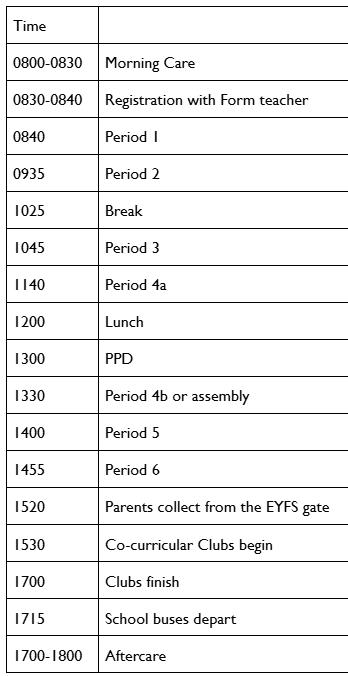
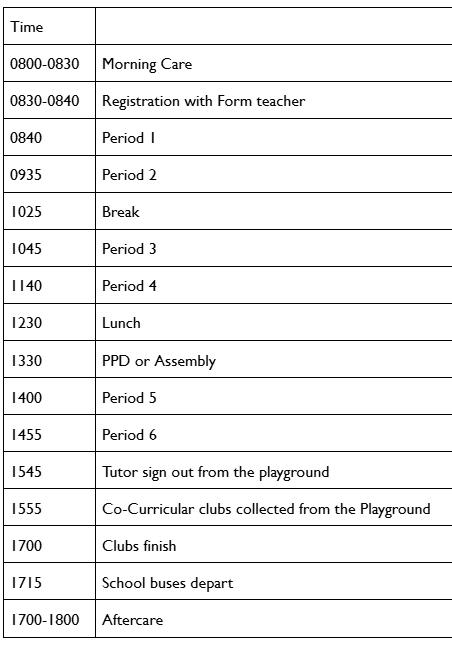
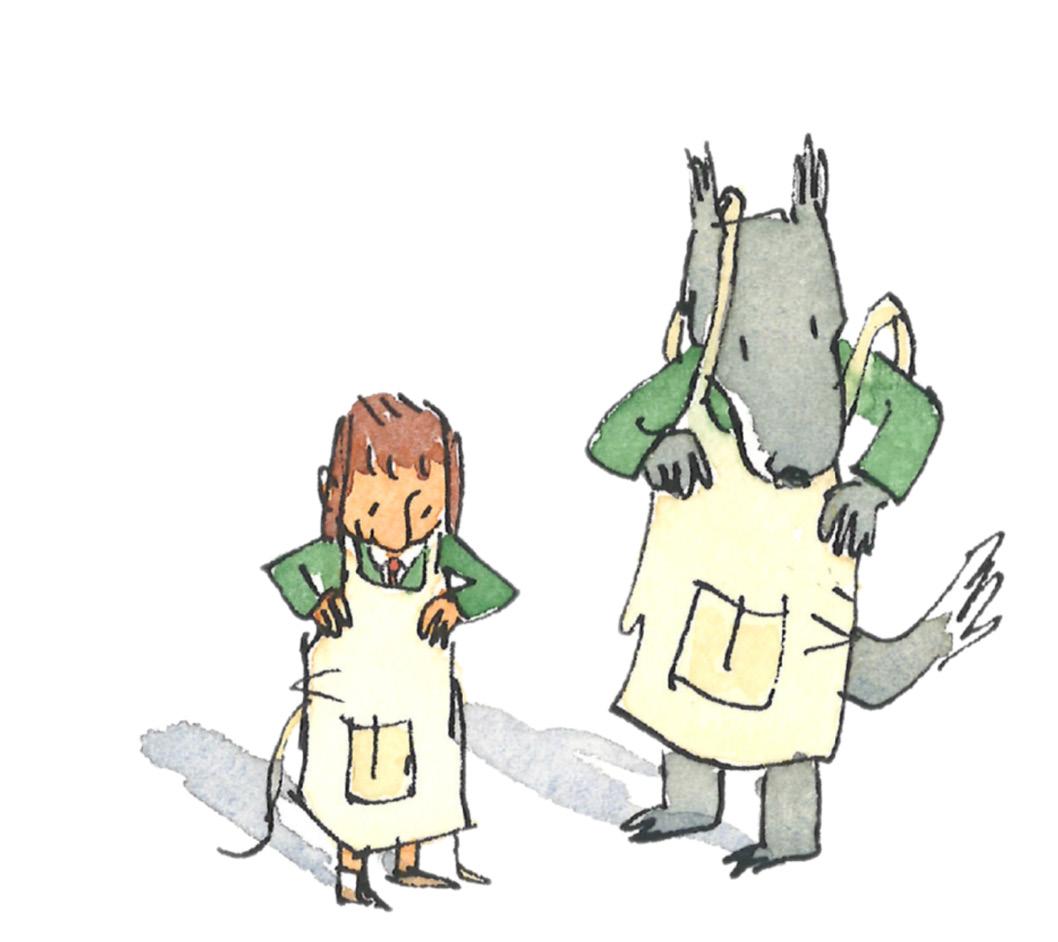
At Plymouth College Prep School, we provide a broad and balanced curriculum that fosters a love of learning and supports children in developing essential skills for their future education. Our Early Years Foundation Stage (EYFS) curriculum follows the statutory framework, ensuring that all children receive high-quality learning experiences in a safe and nurturing environment.
The EYFS curriculum is structured around seven key areas of learning, with a strong focus on the three prime areas. Communication and language development is at the heart of our approach, enabling children to express themselves clearly, understand others, and confidently engage in conversations by asking and answering questions. Physical development is also a crucial aspect, as we encourage children to develop their coordination, movement, and fine motor skills while also learning about the importance of a healthy lifestyle, including physical activity and nutritious eating habits. Additionally, personal, social, and emotional development helps children build positive relationships, work cooperatively, and develop self-confidence and resilience.
Beyond these prime areas, our curriculum also includes four specific areas of learning. Literacy introduces children to early reading and writing skills through phonics, storytelling, and mark-making activities. Mathematics encourages children to explore numbers, patterns, and problem-solving in a practical and engaging way. Understanding the world allows children to develop curiosity about their surroundings, including learning about nature, communities, and technology. Finally, expressive arts and design nurtures creativity through music, role-play, painting, and imaginative activities.
At Plymouth College Prep School, we carefully balance child-initiated and adult-led activities to support each child’s individual learning journey. Our approach ensures that children develop at their own pace while making sense of the world around them. By fostering curiosity, independence, and a love for discovery, we prepare our pupils for a smooth transition into their next stage of learning.
Forest School activities provide young children in the EYFS with hands-on learning experiences in a natural environment. We are lucky to have three qualified forest school teachers who plan activities that promote creativity, independence, confidence, and physical development while fostering a deep connection with nature.
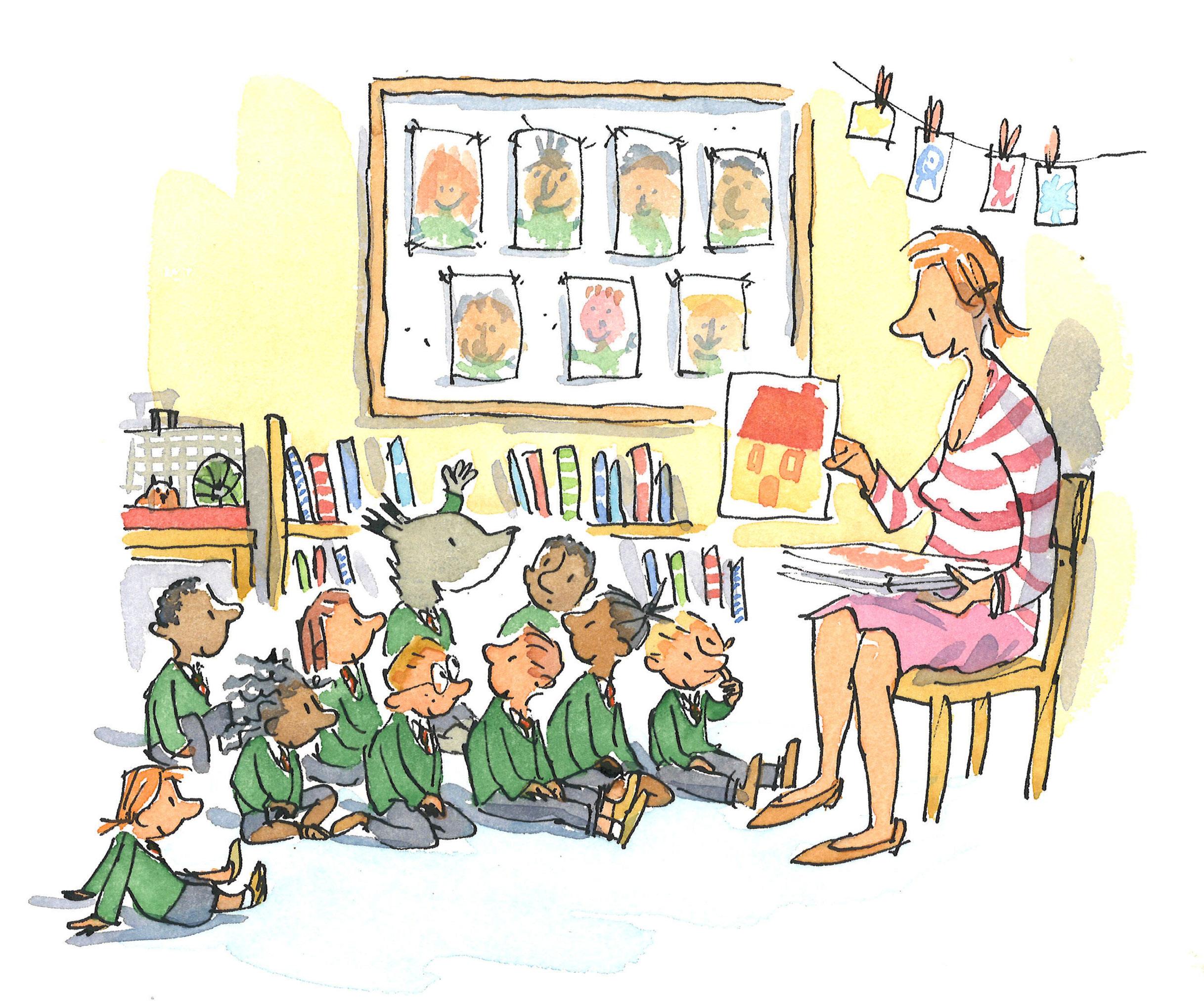
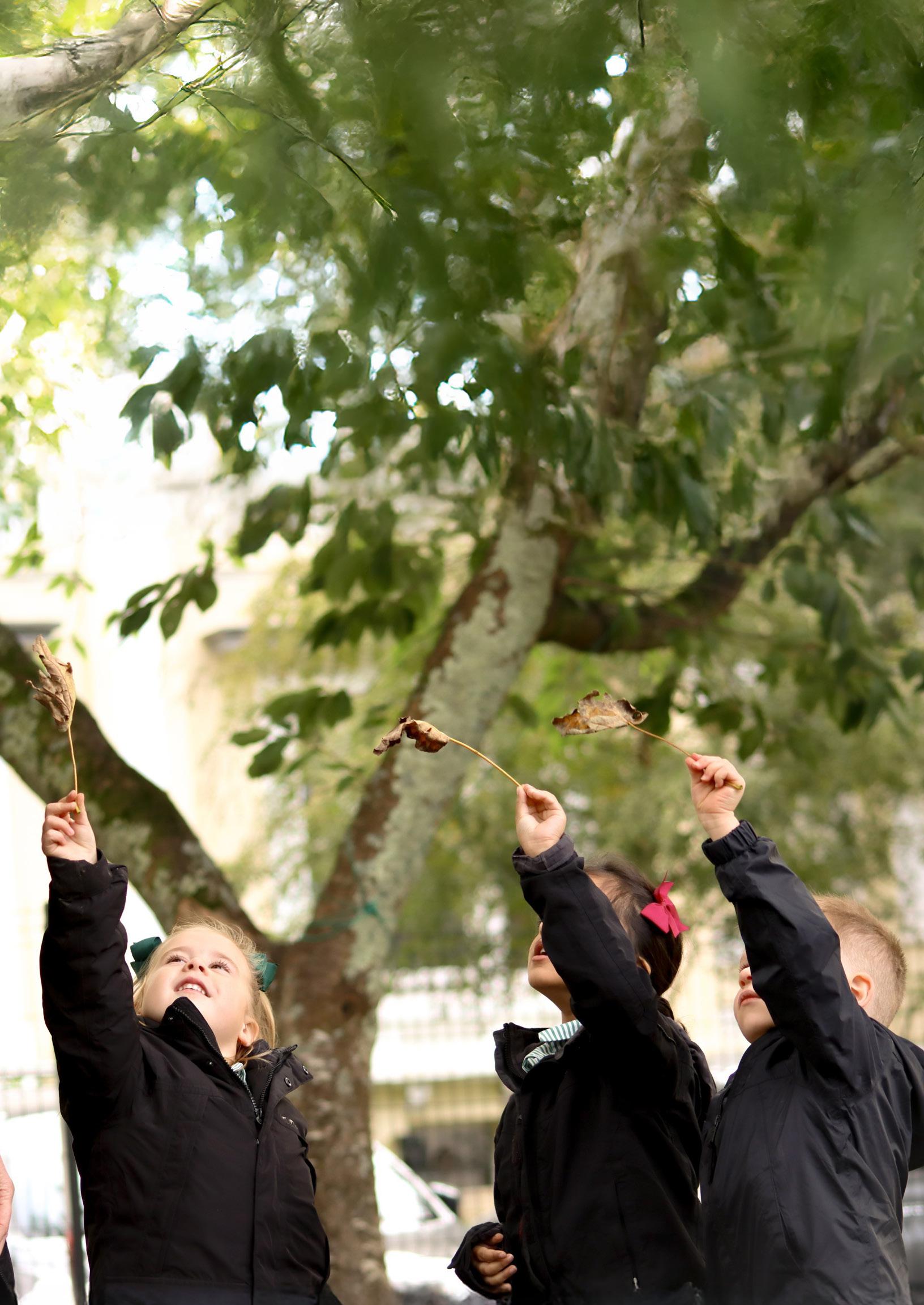
1. CLAY CREATIONS
Clay is a wonderful natural material that encourages sensory exploration and creativity. Children can use clay to create simple shapes, animal figures, or even faces on tree trunks. They can collect natural materials such as leaves, twigs, and stones to press into the clay for added texture and decoration. This activity enhances fine motor skills and imaginative play.
2. WOODWORK
Introducing children to simple woodwork activities supports their problem-solving skills, coordination, and confidence. Using child-safe tools such as hammers, nails, and sandpaper, they can create small wooden models, build bug hotels, or make wooden medallions by drilling holes into wood slices. Supervised woodwork helps develop hand-eye coordination and introduces basic safety awareness.
3. OUTDOOR KITCHENS AND MUD PLAY
An outdoor mud kitchen is a fantastic way for children to engage in role play while exploring natural textures. Using mud, water, leaves, and sticks, they can create imaginary dishes, develop storytelling skills, and work collaboratively with peers. This activity encourages sensory exploration and problem-solving while supporting early mathematical skills through measuring and pouring.
4. OUTDOOR ART AND NATURE CRAFT
Outdoor art activities allow children to use natural materials to create beautiful pieces of artwork. They can use leaves, flowers, and berries for natural painting, create transient art using pebbles and twigs, or make nature collages on large sheets of fabric or paper. This activity promotes creativity, observation skills, and appreciation for natural beauty.
5. DEN BUILDING
Den building is a great activity for teamwork, problem-solving, and developing physical skills. Children can use sticks, branches, and tarpaulins to construct small shelters. This activity enhances resilience, communication skills, and spatial awareness while fostering imaginative play.
6. BUG HUNTS AND MINIBEAST INVESTIGATIONS
Exploring the world of minibeasts is a fascinating experience for young children. With magnifying glasses and simple identification charts, they can search for worms, beetles, spiders, and other tiny creatures. Observing and discussing the different features of insects helps develop scientific thinking and respect for living things.
7. STORYTELLING AND MUSIC IN NATURE
Sitting in a woodland circle, children can listen to nature-inspired stories or create their own using found objects as props. They can also make music using natural instruments like sticks, stones, and seed pods, encouraging rhythm, expression, and language development.
8. TREE AND LEAF IDENTIFICATION
Simple tree and leaf identification activities encourage observation and curiosity about the natural world. Children can collect different leaves, compare shapes and textures, and create leaf rubbings or prints.
9. SENSORY NATURE TRAILS
Setting up a sensory nature trail allows children to explore different textures, scents, and sounds. Walking barefoot on different surfaces like grass, mud, or sand, listening to bird songs, or smelling flowers helps develop sensory awareness and mindfulness.
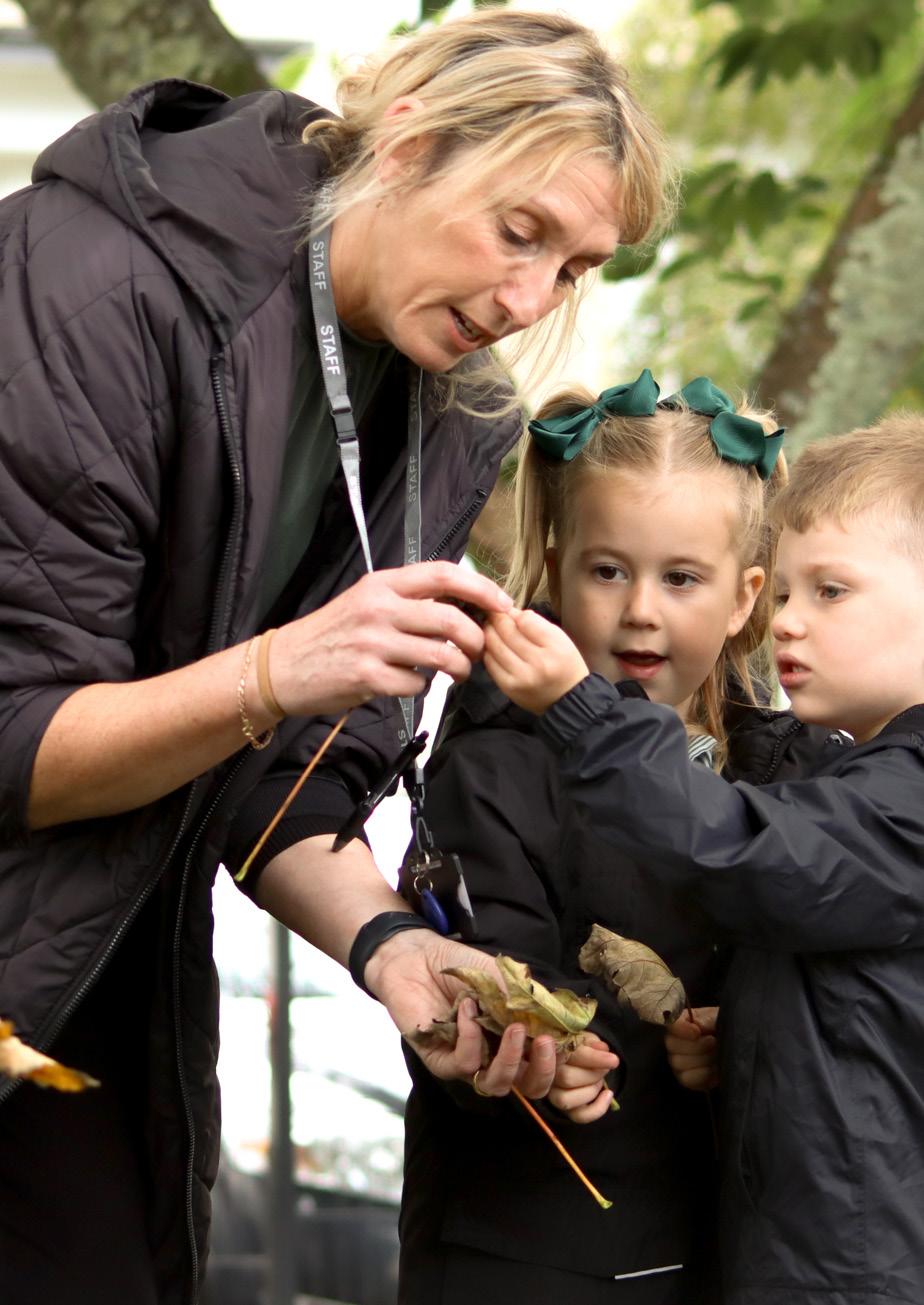
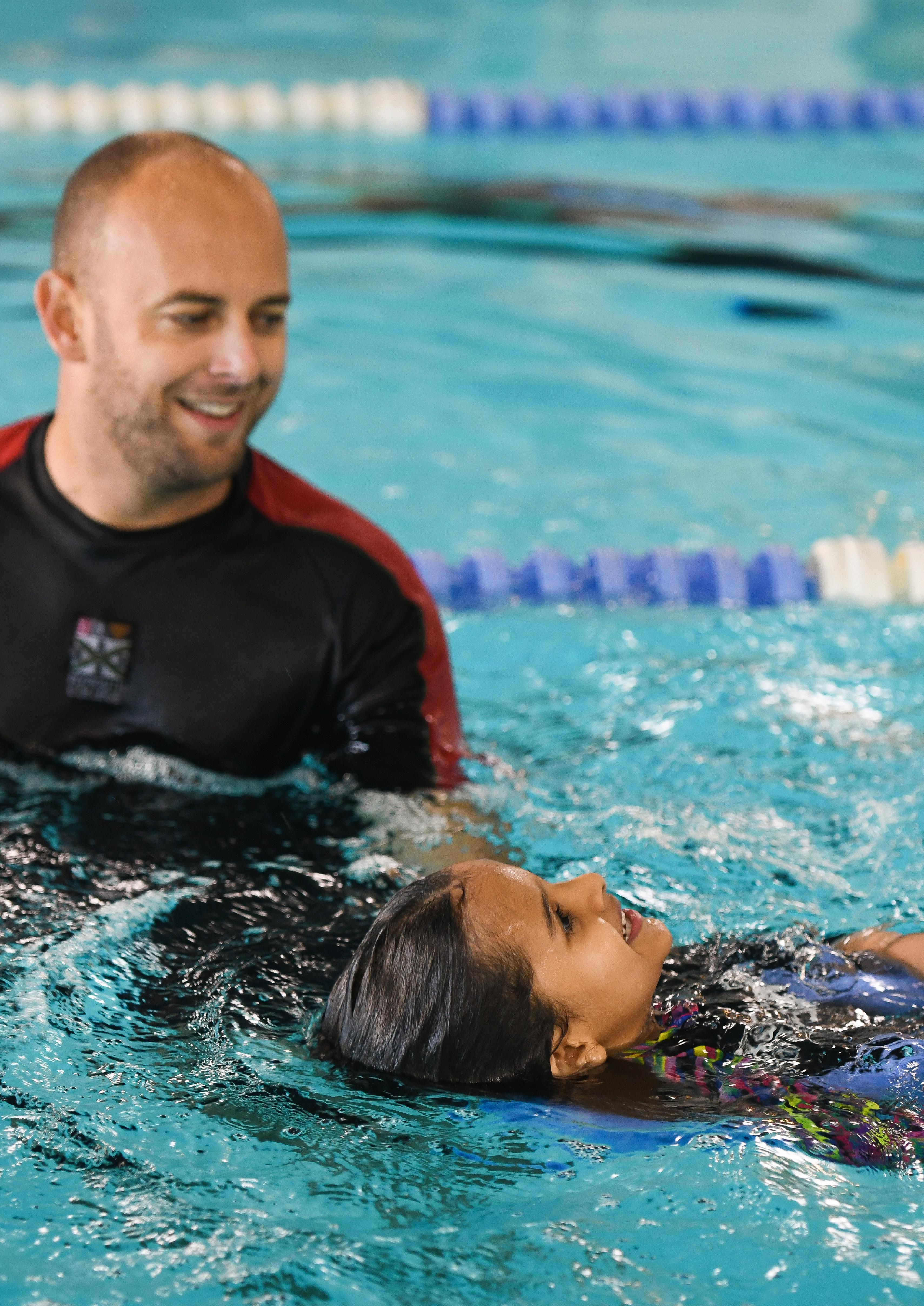
In Years 1 and 2, we foster a love of learning in a nurturing and stimulating environment where children develop independence and confidence. Under the care and supervision of our experienced class teachers, pupils are encouraged to embrace new challenges, supported by dedicated staff who ensure every child progresses at their own pace. In addition, our excellent facilities, including a sports hall and swimming pool, enhance the children’s learning experience and physical development.
Our curriculum is explored through engaging, topic-based learning, allowing for some areas to be child-led and fostering curiosity and creativity. Structured phonics and maths schemes provide tailored support, allowing for both intervention and extension, ensuring that all pupils reach their full potential. Strong links with parents are at the heart of our approach, with open classroom afternoons, concerts, and regular communication providing valuable opportunities for collaboration between home and school.
With a focus on curiosity, resilience, and personal growth, Years 1 and 2 lay the essential foundations for future success in education and beyond.
As pupils transition into Key Stage 2, they continue to be supported by their form teacher, who has overall responsibility for their pastoral care and well-being. In Years 3 and 4 (Lower Key Stage 2), pupils benefit from spending a substantial portion of their lesson time with their form teacher, ensuring a smooth progression from EYFS and Key Stage 1. As they move into Year 5, they experience a shift towards subject teaching, with subject experts delivering lessons across a broad and balanced curriculum.
Our curriculum maintains a strong foundation in Maths and English while encompassing Science, French, Geography, History, Physical Education, Swimming, Computing, Art, Design Technology, Music and Drama. This structured approach ensures a seamless transition through Key Stage 2, fostering independence and a love for learning.
In Key Stage 2 the ability to understand and manipulate language confidently and competently helps progress in all areas of learning. Creative thought is encouraged, and sharing work in assemblies, performing poems and reading aloud play a big part. Mathematical knowledge and concepts grow with the curriculum, with an injection of reason and analysis which will enhance all stages of education. Competitive sport is introduced at this age, allowing all pupils to represent their school throughout the year.
Bridging the gap between Prep and Senior School, pupils have a form tutor and follow their own timetable. Subject teachers, having the benefit of working with the children in small classes, infuse our pupils with passion and knowledge. Class setting begins, allowing pupils to work at their own pace with support and extension provided as necessary, ensuring that all pupils reach their potential.
At Plymouth College, we are committed to fostering an inclusive and supportive learning environment where every pupil is valued, respected, and encouraged to reach their full potential. We celebrate diversity and promote equality, ensuring that all pupils, regardless of their background, abilities, or individual needs, have access to high-quality education and opportunities.
Our curriculum reflects a broad range of perspectives and cultures, helping pupils develop an understanding and appreciation of different experiences and viewpoints. We actively encourage kindness, respect, and open-mindedness, ensuring that pupils grow into compassionate and responsible global citizens.
This includes making reasonable adjustments for pupils with additional needs, fostering a culture of belonging, and challenging discrimination in all its forms. We work closely with parents to ensure that all children thrive academically, socially, and emotionally in a welcoming and inclusive school community.
We recognise and nurture the potential of pupils who demonstrate exceptional ability in specific subjects or across the curriculum. Our approach ensures that high-achieving pupils are continuously challenged, engaged, and inspired to reach their full potential.
It is important to meet the individual learning needs of all pupils. We are committed to ensuring that children with special educational needs have the necessary support to access a broad and balanced curriculum without disadvantage. Our approach is guided by the principles of inclusion, ensuring that all pupils can participate fully in school life, including co-curricular activities, educational visits, and school trips.

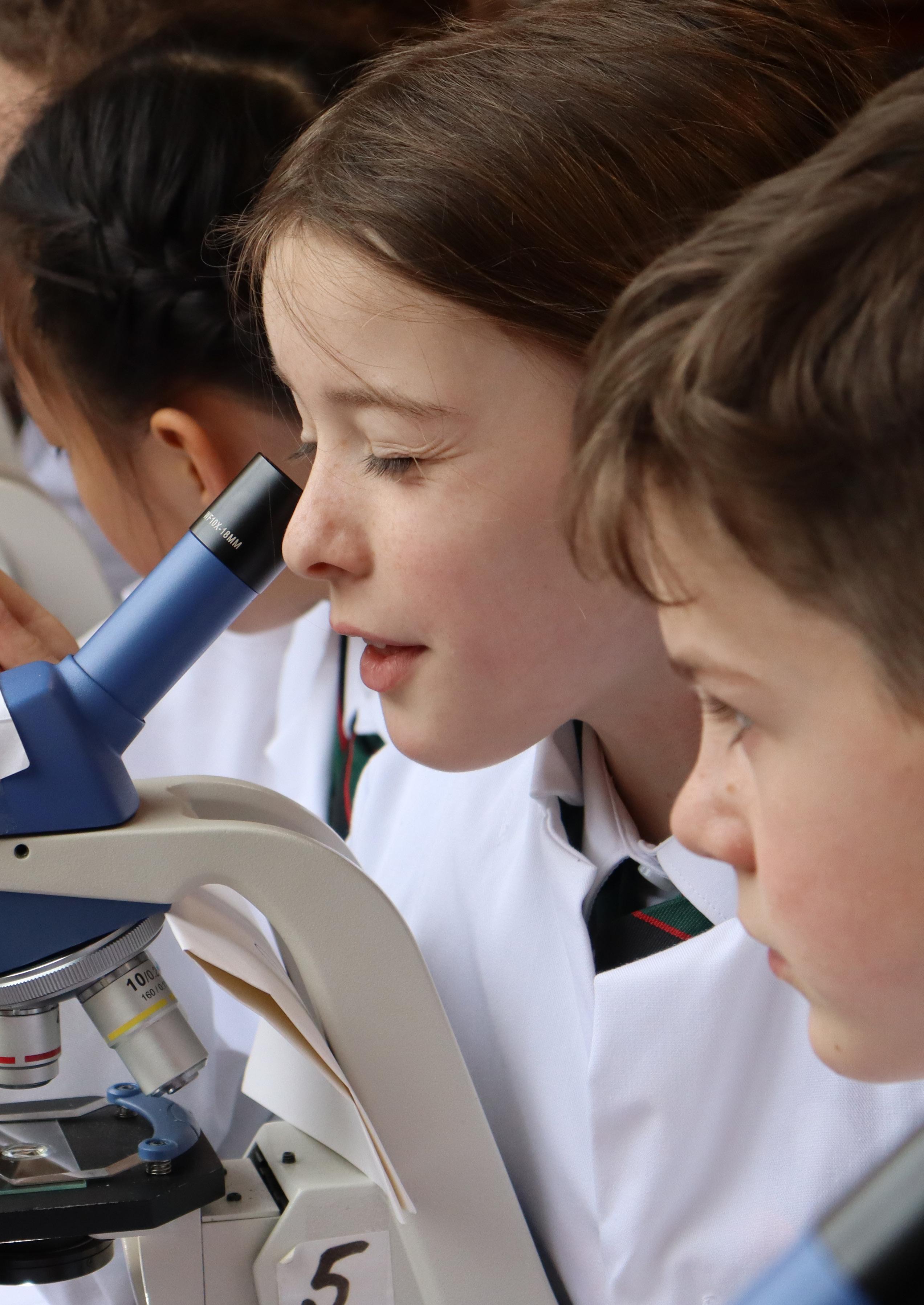
Assessment in EYFS is designed to track and support the development of young learners, ensuring they receive the necessary foundation for future learning. Key elements of assessment and reporting in EYFS include:
• Baseline Entry Assessment: Upon entry to the school, children undergo a baseline assessment to provide a starting point for their learning journey.
• Phonics Screening: Regular phonics assessments are conducted to monitor early reading and phonetic awareness.
• EYFS Profile Assessments: Ongoing observations and assessments are recorded in line with the EYFS Profile, measuring progress across all areas of learning.
• Parents’ Evenings: Scheduled in the Autumn and Spring Terms, providing an opportunity for parents to discuss their child’s progress with teachers.
• Written Report: A detailed written report is provided to parents in the Summer Term, summarising progress and key areas for development.
Assessment in Key Stage 1 builds on the foundation of EYFS, with a focus on literacy, numeracy, and overall development. Key aspects include:
• Computer Adaptive Testing: In October, pupils undertake adaptive assessments in English and Maths to gauge their learning levels and identify areas needing support.
• Phonics Screening: This continues as part of early reading development, ensuring children are progressing in their phonetic knowledge.
• Parents’ Evenings: Held in the Autumn and Spring Terms, offering an opportunity to discuss academic and personal progress.
• Written Assessments: In the Summer Term, pupils complete written assessments in English and Maths using GL Assessment, providing standardised scores to benchmark progress.
• Written Report: A comprehensive written report is shared with parents in the Summer Term, detailing achievements and next steps.
Key Stage 2 assessments focus on tracking academic progression and setting targets to support further learning. Key elements include:
• Meet the Form Teacher: At the start of the academic year, parents have an opportunity to meet the form teacher to discuss initial targets and expectations.
• Computer Adaptive Assessments: Conducted in the Autumn Term to evaluate progress in core subjects.
• Progress and Effort Grades: Issued during the Autumn and Spring Terms to keep parents informed about their child’s academic progress and engagement.
• Parents’ Evenings: Typically held at the end of the first term, allowing in-depth discussions about pupil progress.
• Written Assessments: In the Summer Term, pupils complete written assessments in Maths and English, providing a clear measure of their academic performance.
• Full Written Report: A detailed written report is provided in the Summer Term, summarising academic progress, strengths, and areas for development.
Through this structured approach to assessment and reporting, the Prep School ensures that parents are well-informed and that pupils receive the support they need to thrive at each stage of their education.
Whilst we have this structure in place, if you have any questions or concerns about your child’s progress, we encourage you to make a meeting with your child’s form teacher at any time.
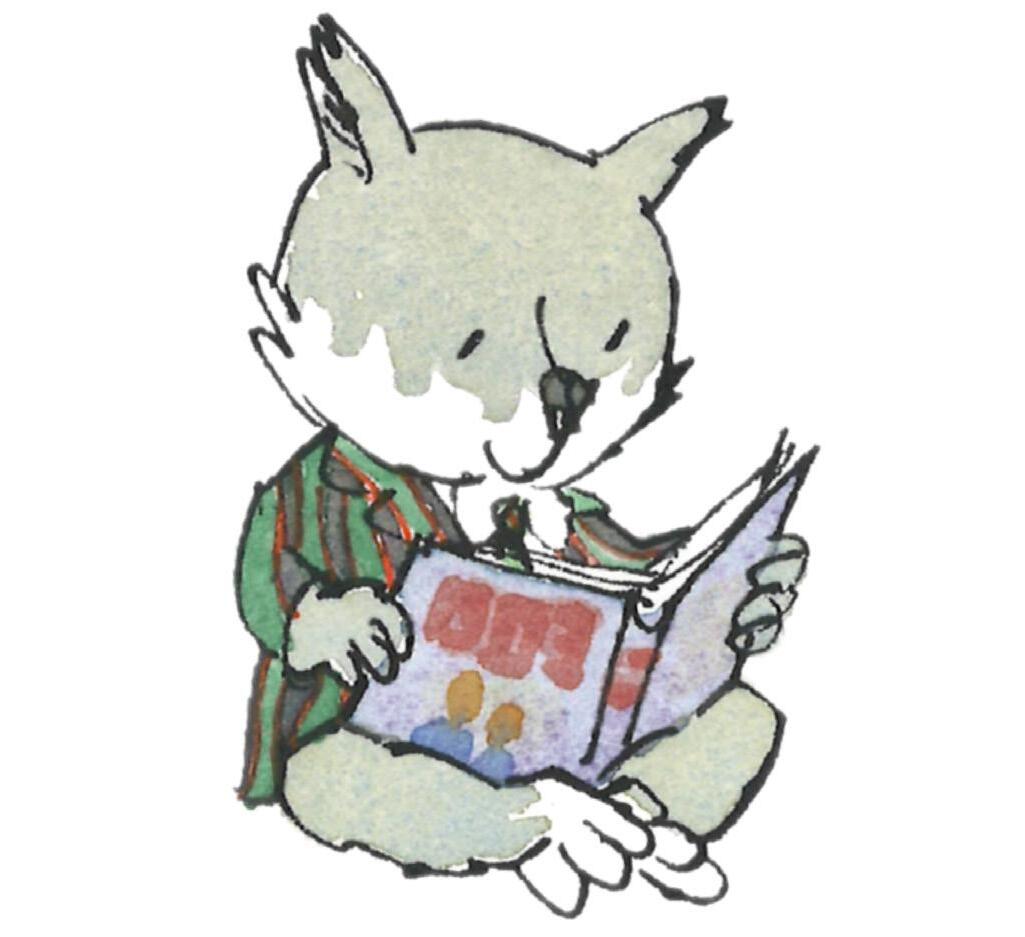
Homework is taken here to include any work or activity done outside of normal lesson time.
Some of the main purposes of homework are to:
• Consolidate and to reinforce the skills, knowledge and understanding developed in lessons
• Encourage and help pupils to extend their school learning e.g. through additional reading
• Encourage and help pupils to develop good self study habits and skills of independent learning
• Encourage self motivation
• Give families the opportunity to share what is being learnt at school
RECEPTION
• Daily reading - Sharing book each night
• 1 Little Wandle book to go home once a week
• Weekly letter formation sheets linked to GPCs learnt that week
YEARS 1 AND 2 (AUTUMN)
• Daily reading - Sharing book each night
• 1 Little Wandle book to go home once a week
• Weekly spellings
YEARS 1 AND 2 (SPRING AND SUMMER)
• Daily reading - Sharing book each night
• 1 Little Wandle book to go home once a week
• Weekly spellings
• Alternative Maths/Literacy sheet each week
YEARS 3 AND 4
• Daily reading
• Weekly spelling
• Weekly Maths
• Weekly English
• Weekly times table (Y3)
• Topic/Project work when appropriate (Y4)
A Google Classroom has been set up by Years 5 and 6 form tutor groups. Subject teachers have been invited to the classroom and will add any notices, revision or homework. Please make sure that your child accepts the invitation at the start of the term so that they can keep up to date with any notices.
Pupils are encouraged to note any homework in a diary/notebook. Form teachers will offer support and monitor weekly during form periods. Homework will include:
• Daily independent reading
• Weekly English
• Weekly Maths
• Half termly projects by subject.
• Occasional revision work might be set before topic tests.
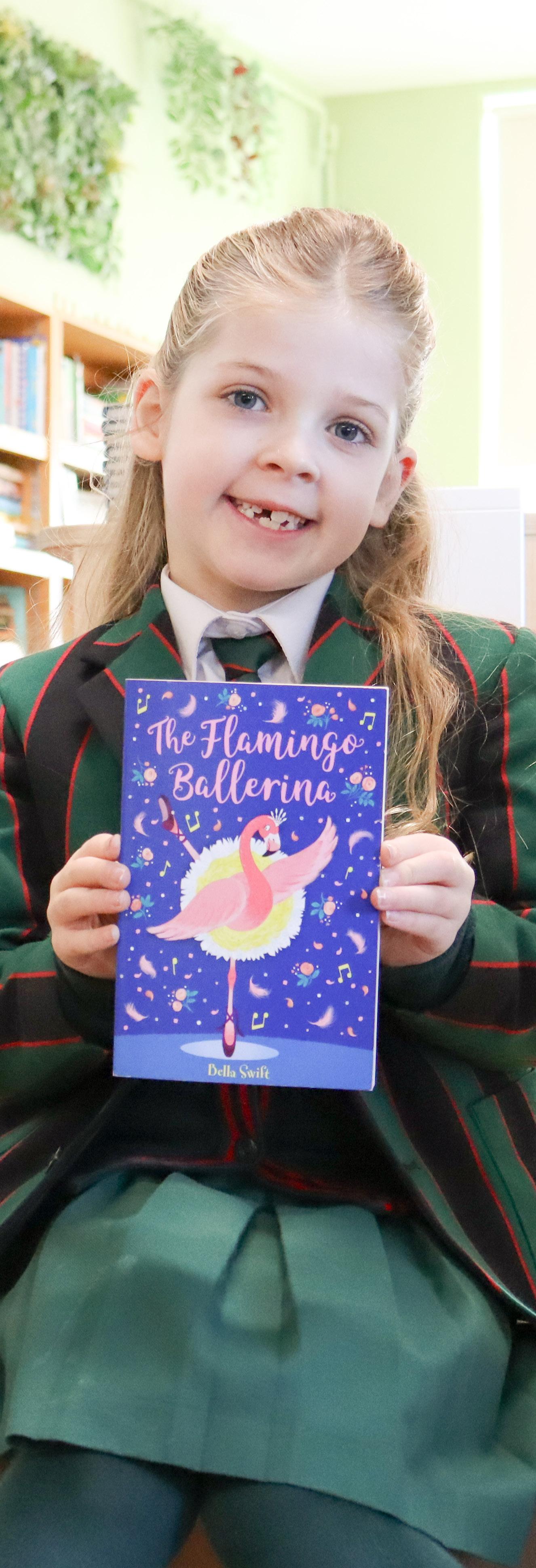
Assemblies play an important role in bringing our school community together. For Years 1-6, they take place on Mondays and Fridays and feature a variety of activities, including announcements, musical performances, recitals, and presentations from pupils or staff.
We use assemblies to celebrate special occasions, promote character development, and reinforce our school principles and British Values. Monday assemblies focus on music and singing, while Friday assemblies emphasise celebration, learning, and community. At the end of each term, we celebrate pupil achievements and warmly invite parents to join us in recognising their success.
Each year, our Prep School engages in choosing a charity. Our Senior School Sixth Formers take the lead in presenting various charity options to the entire Prep School during a dedicated assembly. Following these presentations, pupils participate in a democratic vote to select one charity that the school will support for the year. This initiative is more than just a fundraising effort; it is a valuable lesson in empathy and the power of collective action.
By pupils being active in choosing the charity it teaches them about the importance of giving back to society and supporting those in need. and encourages them to think critically about global and local issues and the role they can play in making a difference. Additionally, it fosters a sense of community and shared purpose within the school, as pupils, staff, and families unite to support a common cause.
Our school operates a vibrant House system designed to foster a strong sense of community, teamwork, and friendly competition. The four houses - Chaytors, Dales, Palmers, and Sargents - create opportunities for pupils to connect and collaborate across year groups, from EYFS to the upper years of the school. Siblings are normally placed in the same house to encourage family spirit and continuity.
The House system encourages teamwork and participation in a wide range of activities. It allows pupils to build friendships beyond their immediate year group and develop skills such as cooperation, resilience, and sportsmanship. All pupils have the chance to represent their house in various competitions and events, helping to build confidence and a sense of pride.
Pupils are awarded House Merit Points for good behaviour, hard work, effort, and improvement. These points serve as a positive incentive to motivate pupils and encourage a culture of excellence. At the end of each term, an awards ceremony is held to celebrate the achievements of individual houses and recognise outstanding contributions from pupils.
Throughout the year, we hold exciting inter-house competitions, including cross-country races, the swimming gala and Sports Day.
The House system is an integral part of our school’s culture, promoting school spirit, responsibility, and a sense of belonging for all pupils.
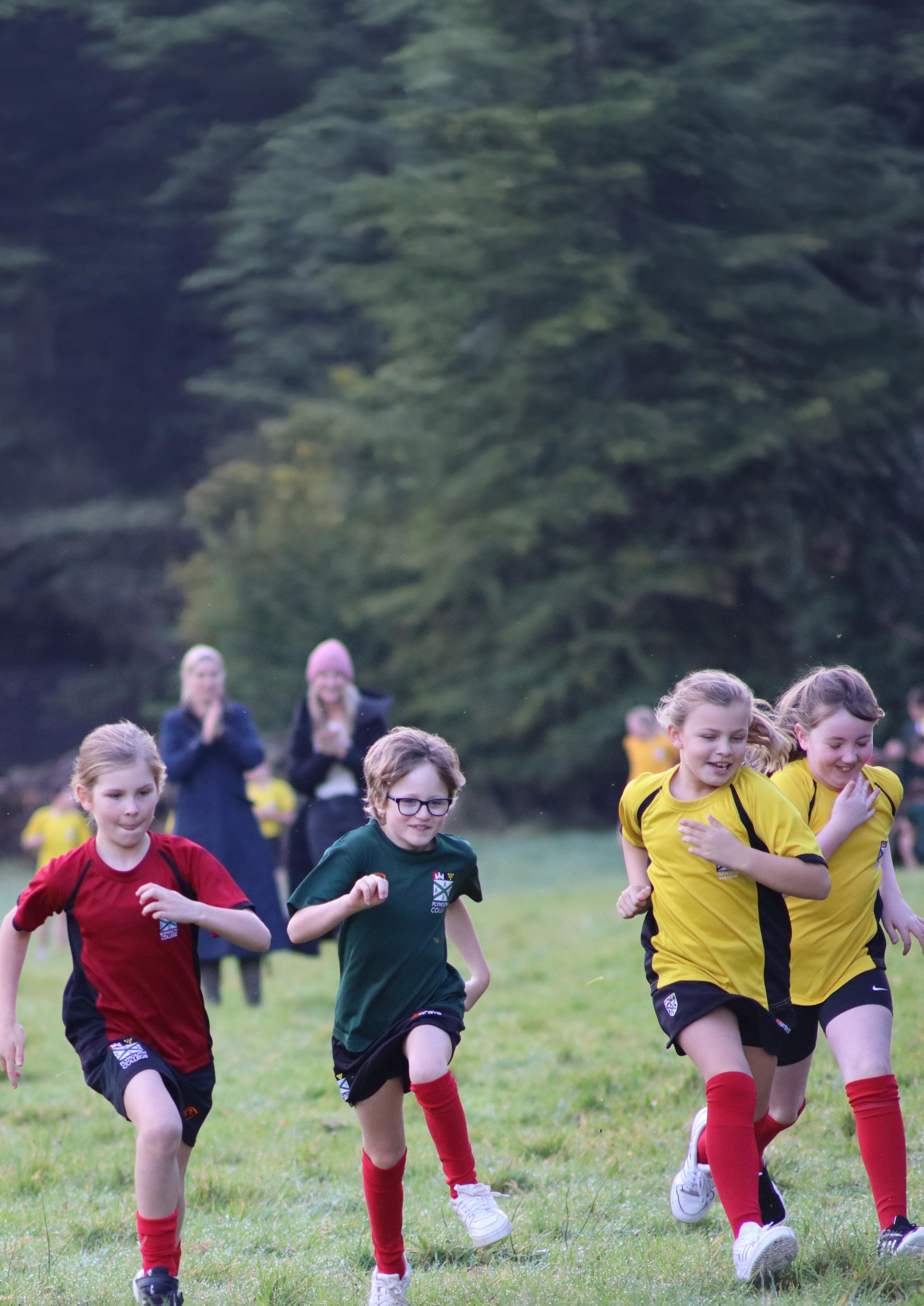
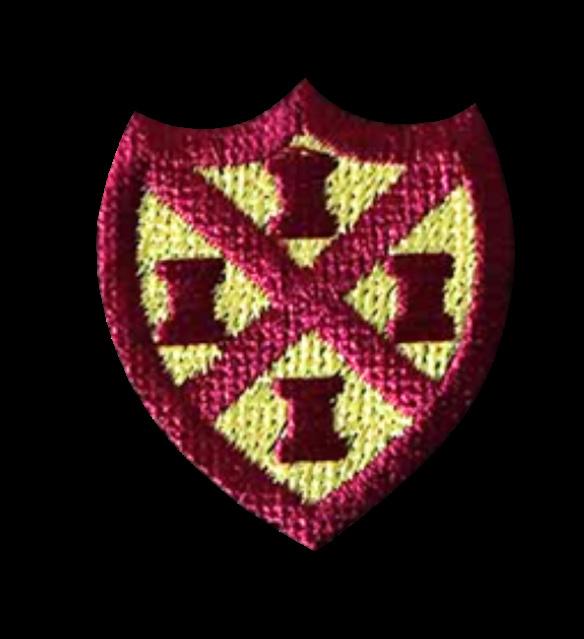



At Plymouth College, pupils in Year 6 have the opportunity to be selected as Prep School Ambassadors. These ambassadors are chosen by the Head of the Prep School in consultation with the Prep School teachers. Selection is based on their ability to serve as excellent role models, uphold the Plymouth College principles, and demonstrate a strong work ethic.
• Exhibit exemplary behaviour and attitude, setting a positive example for their peers.
• Represent the school positively at events and when engaging with visitors.
• Demonstrate kindness, respect, and integrity in their interactions with others.
• Be responsible, reliable, and committed to their role.
• Show confidence in leading by example.
• Display enthusiasm and dedication to school life.
• Possess strong communication skills to engage effectively with peers and adults.
Being a Prep School Ambassador is a privilege and a responsibility that helps pupils develop essential leadership skills while contributing positively to the school community. This role encourages personal growth and instills values that will benefit them throughout their education and beyond.
Pupils in Years 2 - 6 have the opportunity to be a member of the School Council. The Prep School Council is an integral part of our school community, providing pupils with a platform to express their ideas, concerns, and suggestions. Each class elects two representatives who take on the responsibility of voicing their peers’ opinions and working collaboratively to improve school life.
The council meets once every term with the Head of Prep to discuss various topics and initiatives. These meetings ensure that pupils have a direct line of communication with school leadership, allowing their voices to be heard and their ideas to be considered for implementation.
Recent initiatives proposed by the Prep School Council include termly Whole School Charity days, additional playground equipment and ensuring the library is kept tidy.
By participating in the Prep School Council, pupils develop leadership, teamwork, and communication skills while making meaningful contributions to school life. The council plays a crucial role in fostering a positive and inclusive environment where every pupil feels valued and heard.
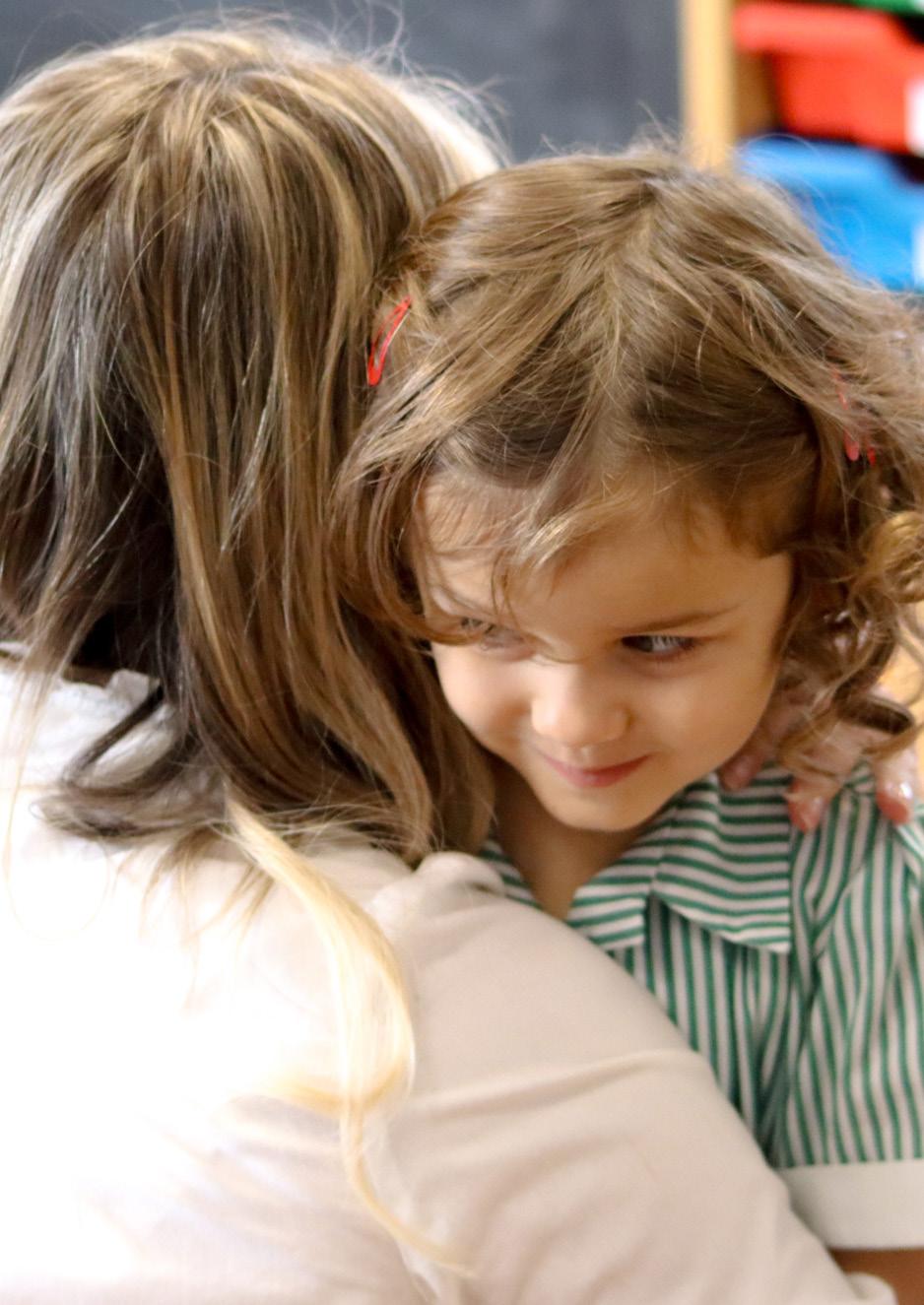
Form Teachers are responsible for the pastoral care of their pupils. They will get to know the pupils in their charge and monitor their academic and general progress. Form Time in the mornings, at lunch time and signing out at the end of the day are of great value in allowing Class/Form Teachers an insight into the lives of their pupils.
There might be many reasons why a Form Teacher has concerns about one of the pupils in their form. It might be that they have grown very quiet, that they are having arguments with their peers or that there has been a marked decline in the standard of their work.
Form Teachers might well feel that it is appropriate to contact a child’s parents about their concerns. Prompt and appropriate intervention of this nature can often prevent a relatively minor issue developing into a major concern.
If a young child is feeling unwell, they should remain at home to ensure a swift recovery. Parents must inform the school by emailing their child’s form teacher and reception by 8:30 am each day of their absence. Alternatively, they can call the School Office at 01752 505101. If a child is absent without prior notice, the school receptionist will reach out to parents to confirm the reason. In cases of sickness or stomach bugs, our school policy requires that children stay at home for at least 48 hours after their last symptom to prevent the spread of illness.
Some teachers at Plymouth College undergo frequent First Aid training, ensuring they can respond to medical situations confidently. Additionally, staff members in Early Years and teaching assistants receive specialised Paediatric First Aid training to support the younger children.
A dedicated school nurse is available throughout the school day, providing care for minor illnesses, accidents, or injuries from our welcoming medical room. When children join the school, parents are asked to complete a medical history form, and it’s important to include as much relevant information as possible.
With parental consent via a completed medicines form, the school nurse and staff can administer medication such as paracetamol, antihistamines, or prescribed treatments like antibiotics.
At our school, PE is an essential part of the curriculum, promoting physical fitness, teamwork, and a love for sport.
In EYFS and Key Stage 1, pupils take part in engaging PE lessons that focus on developing fundamental movement skills, coordination, and confidence in physical activity. As they progress into Key Stage 2, pupils participate in structured PE and Games lessons, where they refine their skills, learn game strategies, and build resilience through competitive and cooperative play.
All pupils, from Reception to Year 6, benefit from a weekly swimming lesson, helping them develop essential water safety skills and confidence in the pool.
We offer a diverse range of sports, including Hockey, Rugby, Netball, Football, and Cricket, alongside Athletics and Cross Country. These activities encourage teamwork, discipline, and a healthy competitive spirit.
From Year 3 onwards, pupils have the opportunity to compete in sports fixtures against other schools, which become a regular and exciting feature of our school calendar. These fixtures provide valuable experiences in sportsmanship and competition, helping pupils grow both on and off the field.
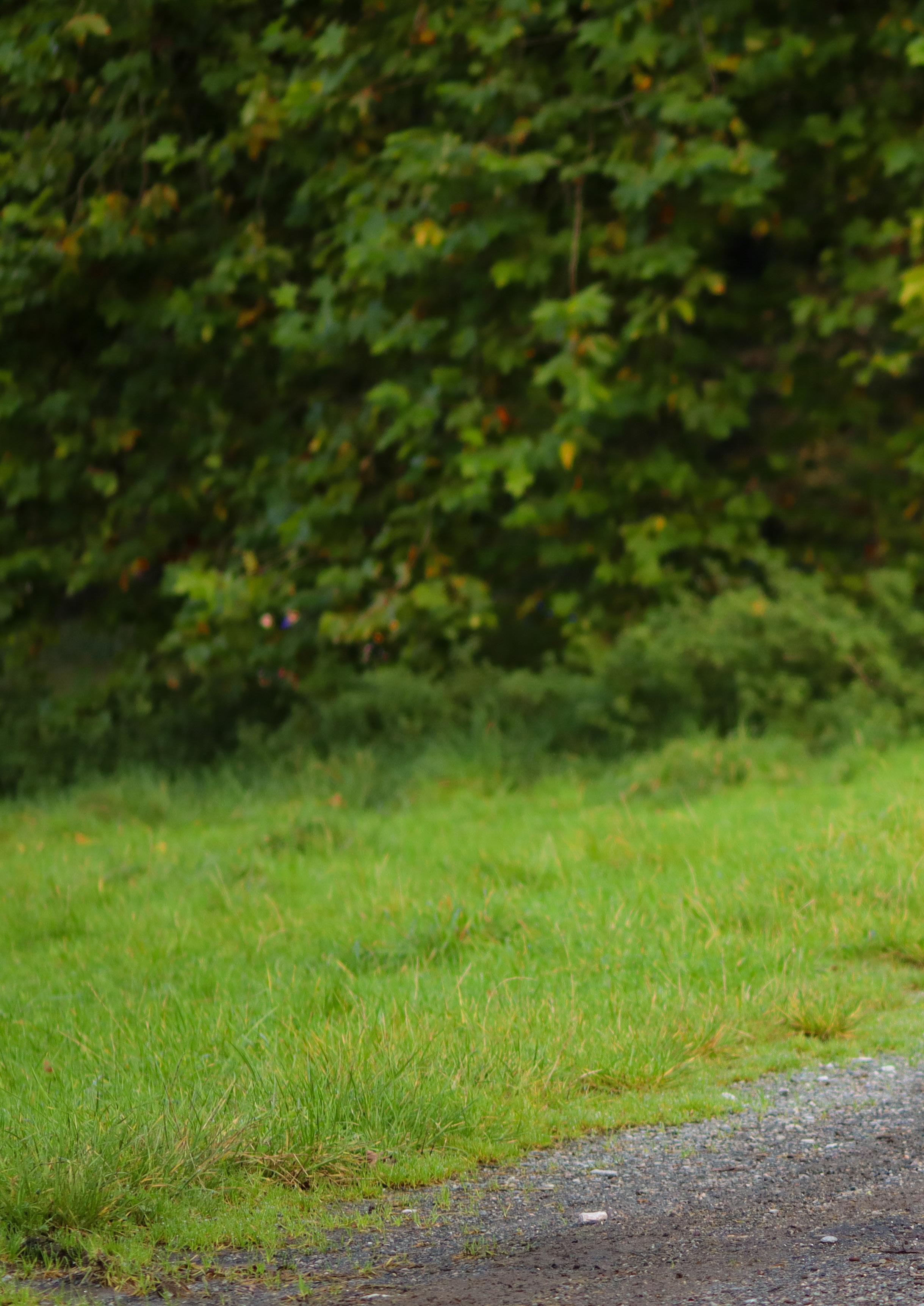
We greatly welcome and encourage parental support, cheering on our teams during matches. By offering a well-rounded and inclusive sports programme, we aim to inspire a lifelong love for physical activity and well-being in all our pupils.
Many pupils across the Prep School enjoy the opportunity to develop their musical talents through individual instrumental lessons. Experienced peripatetic teachers provide one-onone tuition, covering a wide range of instruments, including strings, brass, woodwind, and percussion, as well as singing and piano.
To ensure a balanced school day, lesson times follow a rotating schedule, minimising disruption to academic subjects. Wherever possible, core lessons such as Maths and English are avoided.
Many pupils also take part in speech and drama lessons, where they build confidence and develop performance skills. A large number of pupils work towards LAMDA (London Academy of Music & Dramatic Art) examinations, gaining valuable qualifications in acting, verse and prose, and public speaking.
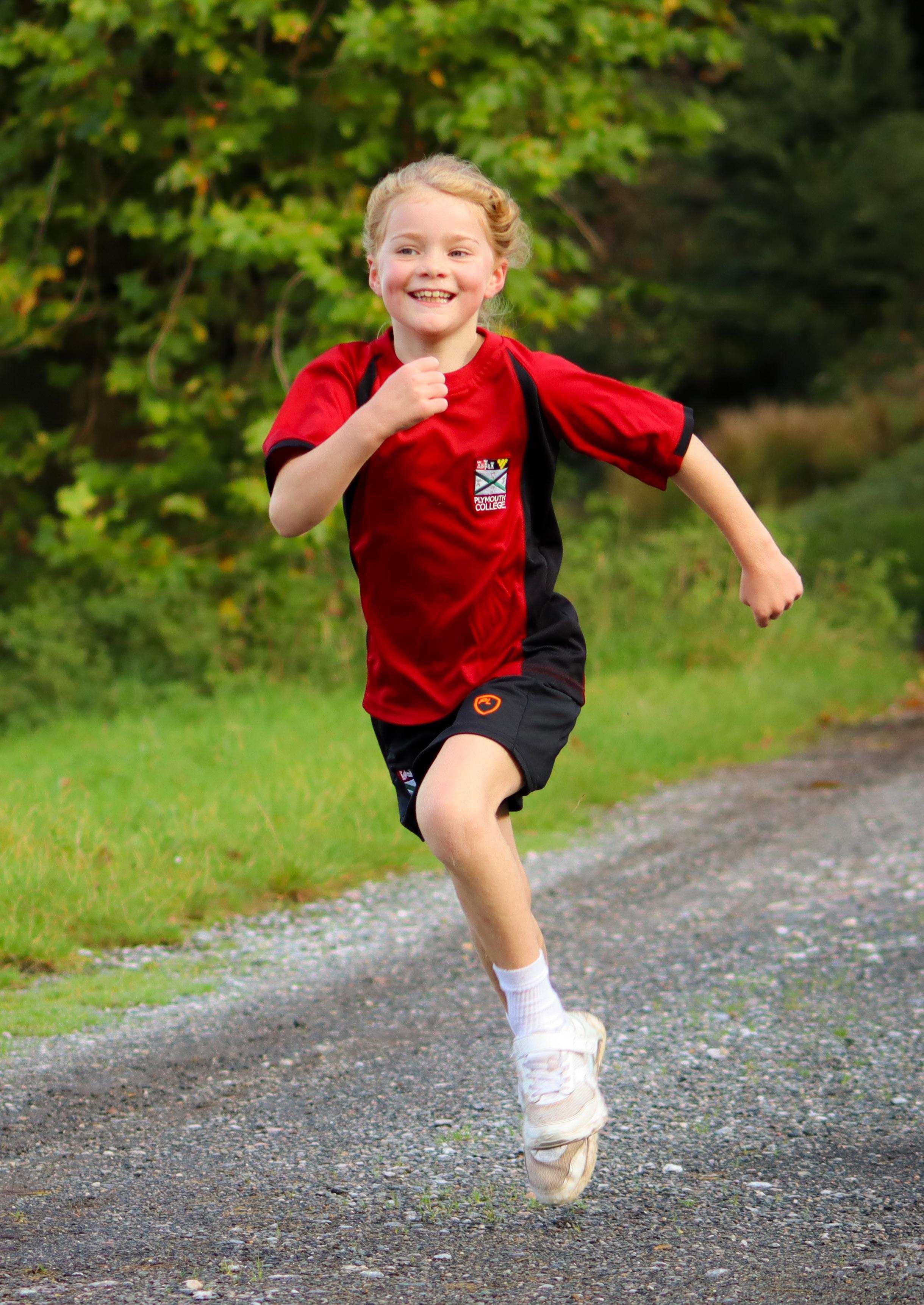
Pupils in Years 5 and 6 are able to experience Outdoor Education at Plymouth College, run by experienced instructors.
Outdoor Education is all about getting out there, getting stuck in, giving it a go, and having fun. It doesn’t matter how old you are or what your abilities might be - Outdoor Education offers something for everyone. It takes you to places you never imagined and allows you to experience things you never thought possible.
At Plymouth College, we believe that Outdoor Education is a key component of personal growth and development. It challenges individuals physically and mentally while fostering resilience, teamwork, and problem-solving skills. For many pupils, these experiences become some of the most memorable and formative parts of their education.
Plymouth’s incredible location in the South West provides a perfect backdrop for a diverse range of outdoor activities. With easy access to both the sea and the moors, Plymouth College takes full advantage of this local environment. We offer exciting opportunities where pupils can enjoy unrivaled adventures, whether it’s rock climbing, biking through scenic trails, or kayaking on some of the country’s finest rivers.
Our Outdoor Education programme is designed to inspire confidence, independence, and a lifelong appreciation for the great outdoors. Whether pupils are looking for an adrenaline rush or a quiet moment in nature, there is something for everyone to explore and enjoy.
Plymouth College offers a diverse and dynamic range of enrichment activities that evolve each term.
Clubs and activities take place during lunchtimes and after school, with some residential trips during the Summer Term to further enhance the extra-curricular experience. These activities are carefully designed to complement the academic curriculum, encouraging all pupils to participate daily. Whether discovering new skills or honing existing talents, pupils are supported in their personal growth. Form tutors actively monitor involvement and help guide pupils in making the most of these opportunities.
The College offers an extensive selection of clubs, including Choir, Lego and Board Games, Netball, Wellbeing, Textiles and Embroidery, Band, Football, Rugby, Hockey, Cricket, Athletics, Papercraft, Eco Club, Drama, Knit and Knatter, Keyboard, Printmaking, Design Engineering, Fencing, Library, Harry Potter Club, Yoga, and Chess.


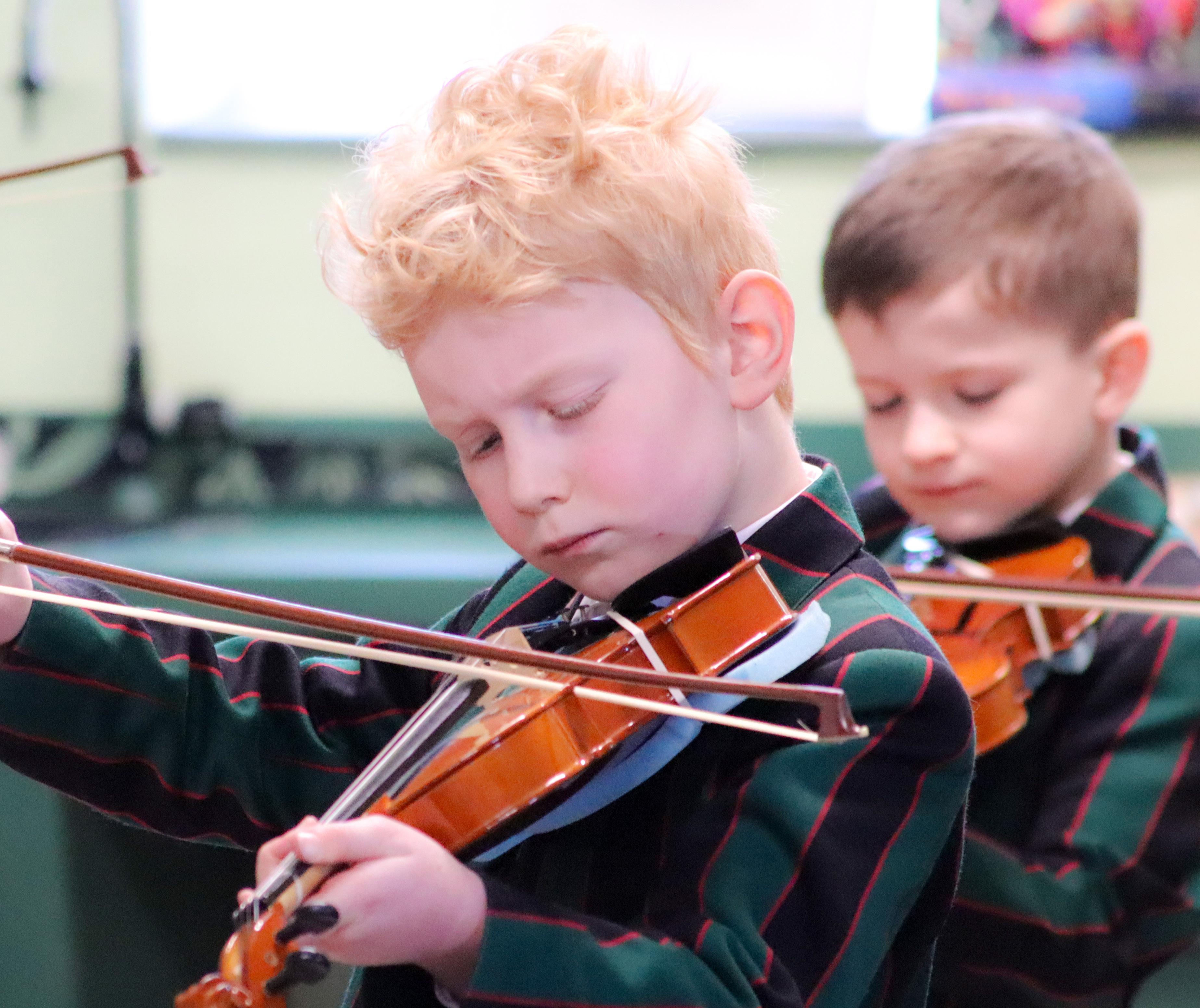
The school is deeply devoted to ensuring equal opportunities for everyone. We have high expectations for our pupils’ behaviour and strive to educate them on the importance of their actions. Our school ethos, aims, and code of conduct play a crucial role in shaping our wholeschool approach to behaviour. We encourage children to take responsibility for their words and actions, helping them understand the impact of both positive and negative behaviour. Our ultimate goal is to model and instill positive behaviour, reducing the need for sanctions. Everyone has a right to feel secure and to be treated with respect.
The merit system serves two primary purposes: To reward pupils who uphold and promote the Plymouth College Principles.
To recognise pupils who strive for high academic standards as outlined in the school’s reporting system.Staff are encouraged to give praise where due and award House Merit Points through ISAMS (Reward & Conduct Manager). These points can be earned for various aspects of College life, including:
• Outstanding academic work
• Active participation in class
• Sustained effort over several weeks
• Acts of good citizenship or community spirit
• Committed involvement in extracurricular activities
House Merit Points are cumulative throughout the academic year. Pupils will receive badges upon reaching the following milestones:
• Bronze – 20 merits
• Silver – 40 merits
• Gold – 60 merits
• Double Gold – 80 merits
• Platinum – 100 merits
• Warnings will be given for inappropriate behaviour before any formal sanctions.
• Behaviour Points will be assigned to pupils who persistently disrupt lessons, show a lack of respect, or fail to demonstrate courtesy towards others.
At Plymouth College, anti-social behavior and bullying are completely unacceptable. Our staff are committed to creating a safe, secure, and supportive learning environment where every child feels confident and independent.
The school actively promotes positive behavior and maintains a clear stance that bullying of any kind will not be tolerated. If an incident does occur, pupils are encouraged to speak to a trusted adult, knowing that their concerns will be addressed promptly and effectively.
A well-defined policy reinforces this commitment, ensuring that both pupils and parents understand that all reports of bullying will be handled fairly and decisively. The Anti-Bullying Policy is available on the school’s website and can also be requested in hard copy.
At Plymouth College, we strongly believe that a close collaboration between home and school is vital for children to reach their full potential. By fostering strong communication with parents and keeping them informed about their child’s progress in all areas, we ensure that our pupils receive the best possible support. Effective communication is the foundation of a successful home-school relationship.
Information about school events and updates can be accessed through:
• A fortnightly electronic newsletter
• Weekly Prep updates via email
• Specific event details sent to relevant year groups
• Team news and fixtures available on SOCS
• The school calendar, also accessible via SOCS
• Tapestry (EYFS only)
• Letters from the Head and Head of Prep
If parents have specific concerns regarding their child, we recommend contacting the Class Teacher first. Additionally, we welcome parents to arrange meetings with teachers at any time throughout the school year to discuss progress, address concerns, or ask questions. Appointments can be scheduled by calling the Prep School Office or emailing the teacher directly.
All staff at Plymouth College can be reached via email. A complete staff directory is available upon request from the School Office or can be downloaded from the school website.
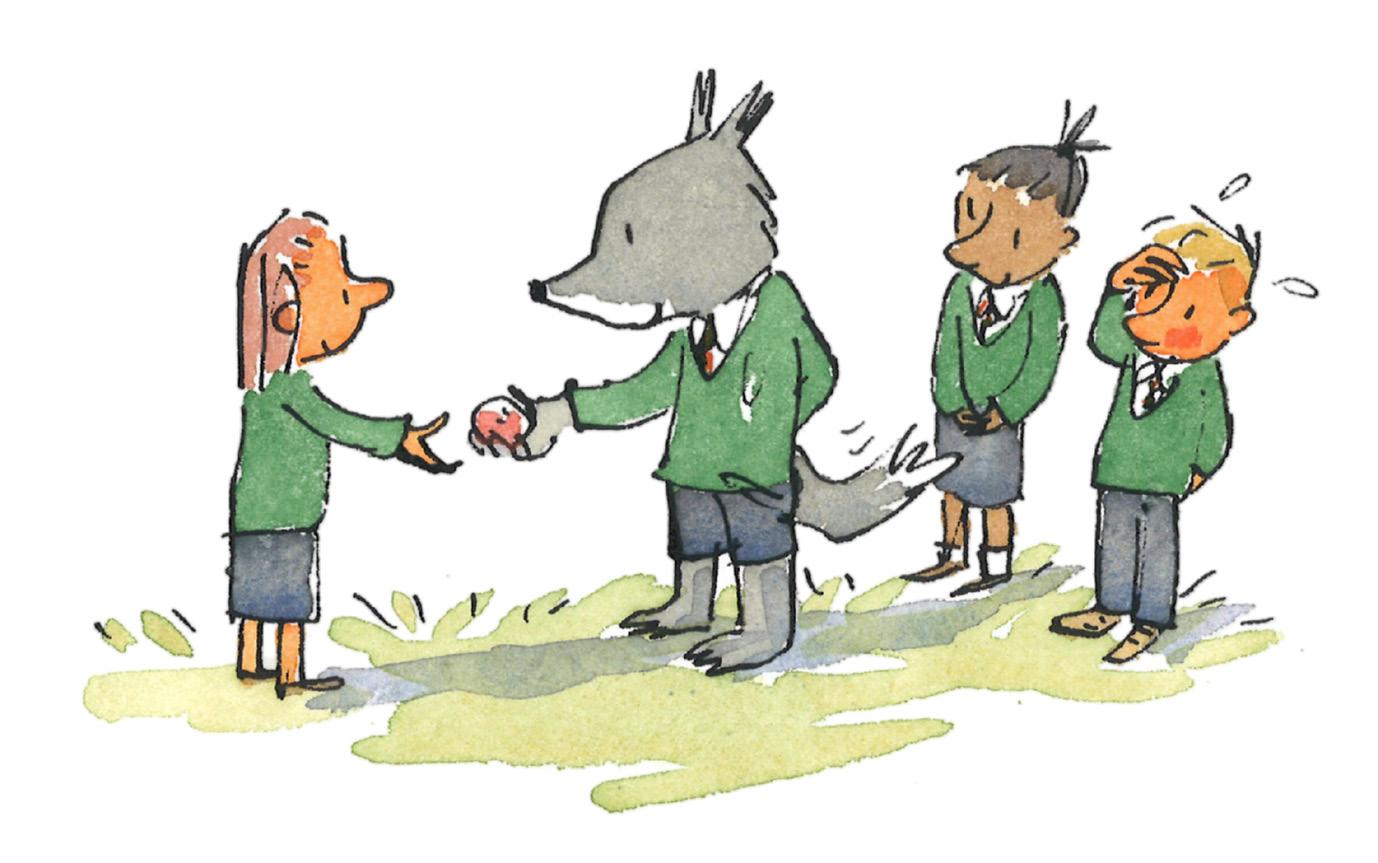
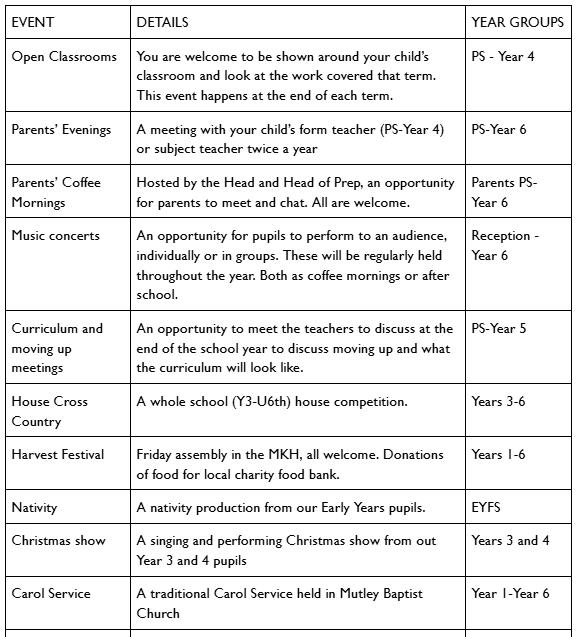
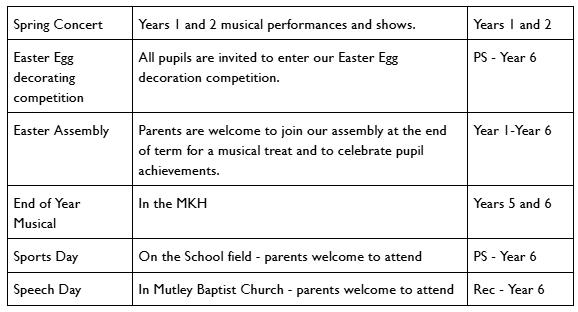
*Please refer to the termly school calendar on the parent SOCS app. This is just a glossary of terms and events in the Prep School annual calendar.
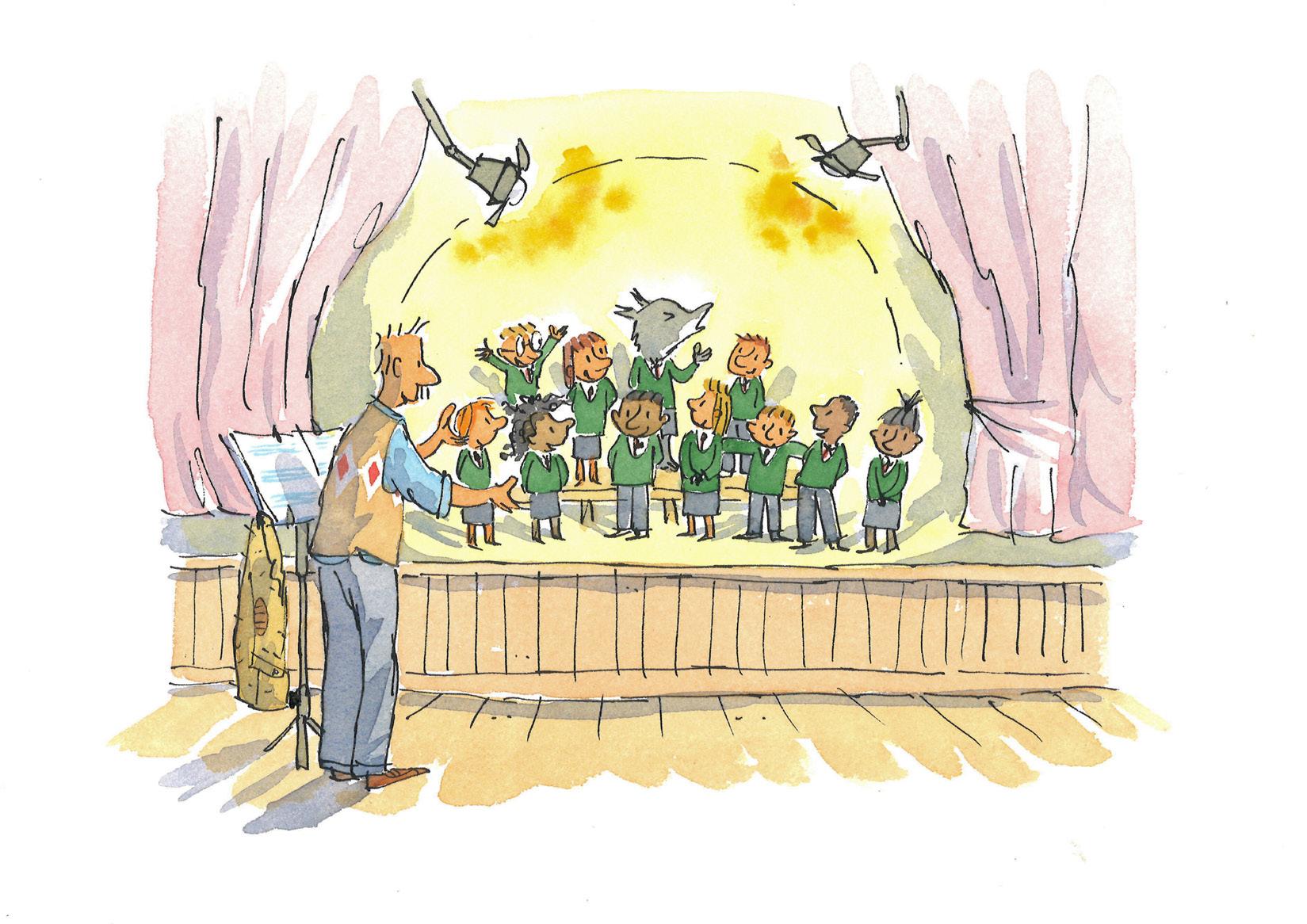
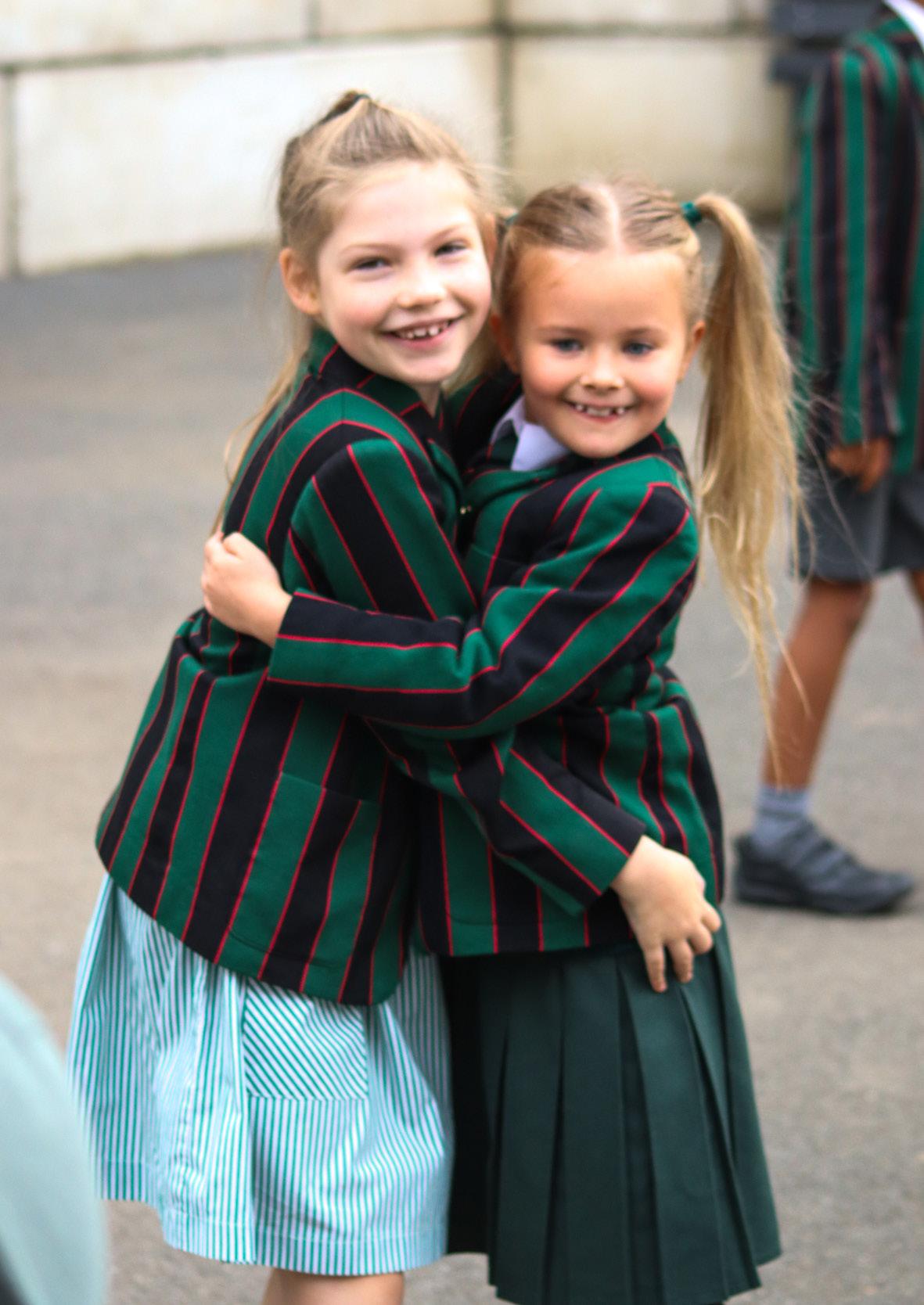
• 2 small healthy snack boxes
• Water bottle
• PE shoes
• Wellies
• Sun hat
• Warm hat
• Spare clothes (PS)
YEARS 1 - 2
• Water bottle
• Colouring pencils
• HB pencils
• Rubber
• Sharpener
• Glue stick
YEARS 3-6
• Pencil case
• Handwriting pens (blue)
• 30cm ruler
• Glue stick
• Set of coloured pencils
• HB pencils
• Pencil sharpener
• Small pair of scissors
• Rubber
• Water bottle
To order your uniform, please visit this link: www.schoolblazer.com.
You will be required to create an account to view and order the Plymouth College uniform. The website clearly states which items of the uniform are compulsory and which may be optional. Schoolblazer are committed to making your preparations for the new term as easy and painfree as possible.
To order the Sports uniform, please go to: www.playerlayer.com/teams/plymouth-college.html

All Prep pupils in Years 3 and above will need to sign an Acceptable Use Policy for ICT. This Plymouth College Acceptable Use Policy is intended to ensure that: Pupils are responsible users, staying safe while using the internet. That the school ICT systems and users are protected from anything that could damage them.
The School will try to ensure that pupils will have good access to ICT to enhance their learning and will expect pupils to be responsible users.
At the Prep, mobile phones and other electronic devices are not permitted during the school day. This policy is in place to ensure that pupils remain focused on their learning, develop strong social interactions, and are not distracted by unnecessary screen time. By limiting the use of mobile devices, we aim to create a positive and engaging environment where pupils can fully participate in lessons and school activities without digital interruptions.
However, we do recognise that there are situations where pupils may need to bring a phone or device to school. Pupils who travel on the school bus or have other authorised reasons may bring their mobile phones, but they must be switched off and signed in and out at reception during the school day.
Our policy is designed to promote responsible use of technology while ensuring a safe and focused learning environment for all pupils. Any misuse of mobile phones or devices may result in them being confiscated and appropriate action being taken. We appreciate the cooperation of pupils and parents in upholding this policy to support the school’s commitment to academic excellence and personal development.
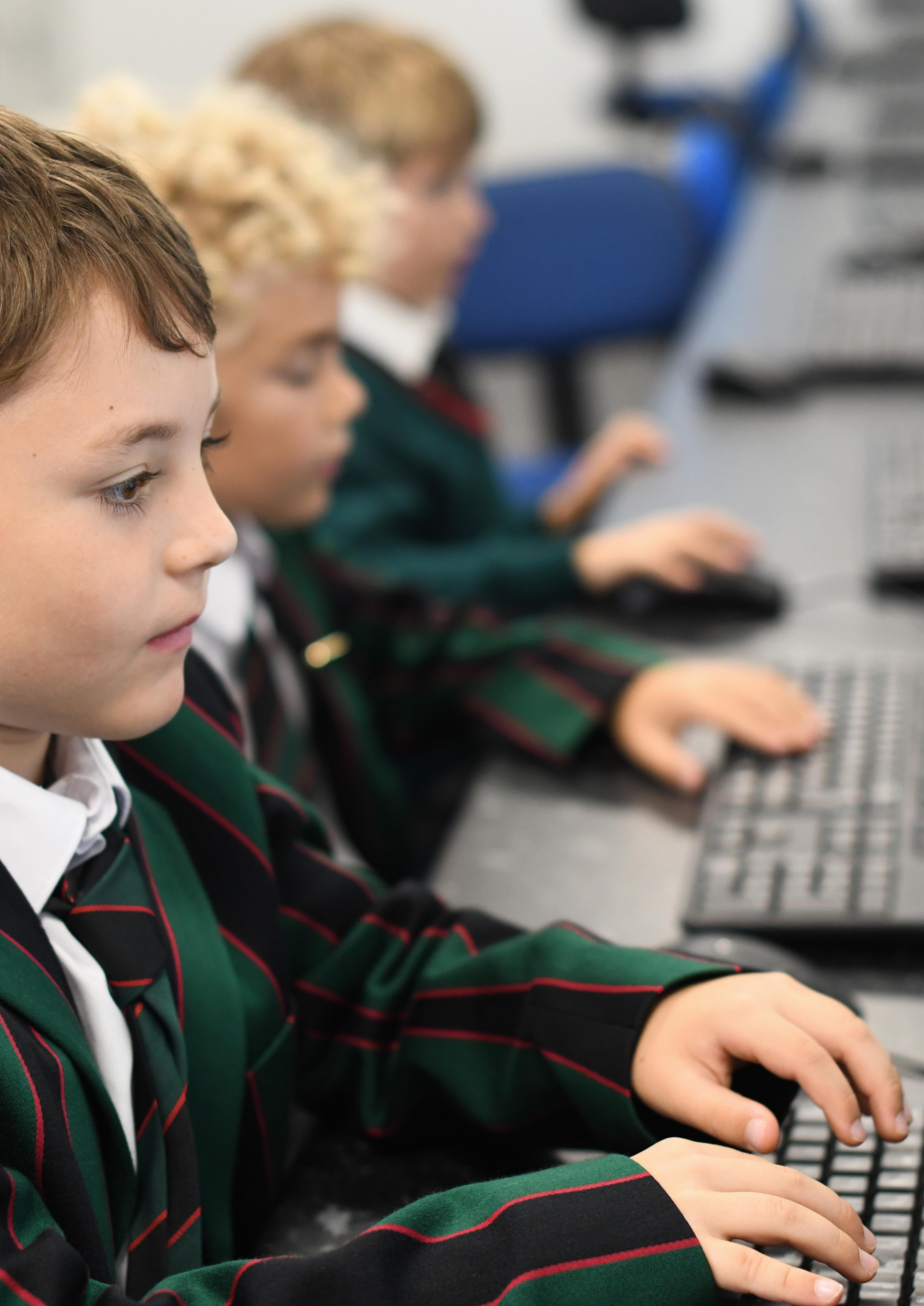
School staff are uniquely placed to observe changes in children’s behaviour and the outward signs of abuse. Children may also turn to a trusted adult in school when they are in distress or at risk. It is vital that Plymouth College (“the School”) has a culture of detection and reporting i.e. both pupils and School staff are alert to the signs of abuse and understand the procedures for reporting their concerns.
The Children Act 2004 and the Independent Schools Standards Regulations place a duty on our school to safeguard and promote the wellbeing of our pupils. All teachers and support staff undergo thorough checks prior to employment, and are therefore all competent and safe to work with our young people. The School also aligns its practice closely with the Plymouth Safeguarding Children’s Partnership guidance.
We recognise our moral and statutory responsibility to safeguard and promote the welfare of all pupils. We endeavour to provide a safe and welcoming environment where children are respected and valued. We are alert to the signs of abuse and neglect and follow our procedures to ensure that children receive effective support, protection and justice.
The procedures contained in this policy apply to all staff, volunteers and governors and are consistent with those of Keeping Children Safe in Education (2024).
• Welfare of the child is paramount – our approach is child-centred and the key is always what is in the best interests of the child.
• All children, regardless of age, gender, ability, culture, race, language, religion or sexual identity, have equal rights to protection.
• All staff have an equal responsibility to act on any suspicion or disclosure that may suggest a child is at risk of harm.
• Pupils and staff involved in child protection issues will receive appropriate support and be aware of the source of child protection procedures.
• Whenever an allegation or disclosure of abuse has been made the School will communicate with a local safeguarding agency.
• No one professional can have a full picture of a child’s needs but we all have a role to play in identifying concerns, sharing information and taking prompt action.
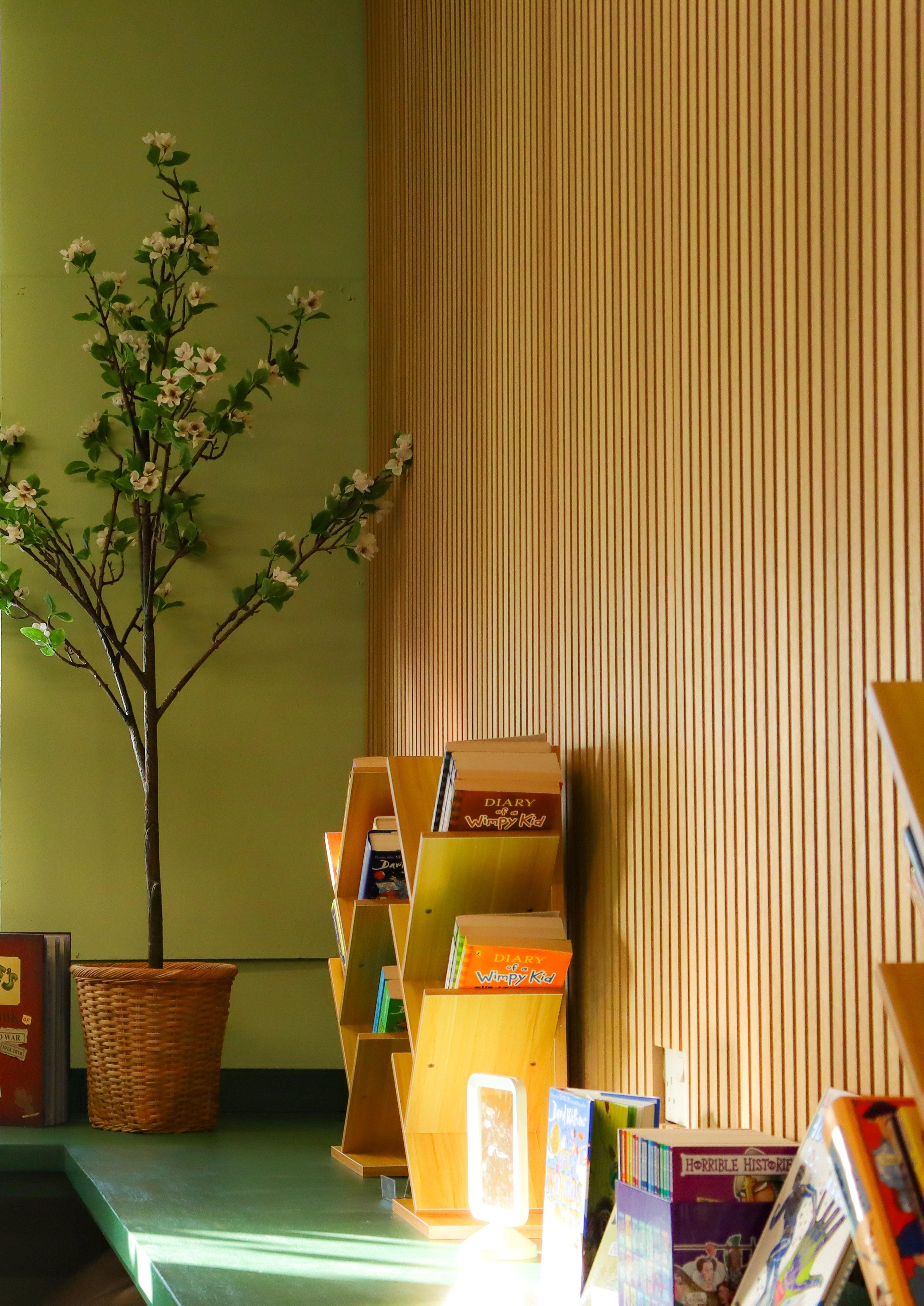
The following policies are available on the school website www.plymouthcollege.com or on request from the Head of Prep’s PA at reception@plymouthcollege.com
• Admissions
• Anti-Bullying
• Attendance and Registration
• Behaviour Management
• Complaints Procedure
• Curriculum
• Data Protection
• E-Safety (Including Acceptable use Policy)
• English as an additional language (EAL)
• Equal Opportunities
• Ethos and Aims
• EYFS (Early Years Foundation Stage)
• First Aid Policy
• Health and Safety
• Prep - missing child and uncollected child
• Safeguarding
1 - History (H1), Geography (G1), RS
2 - Geography (G3)
3 - Geography, RS (G2)
4 - Biology (B2 Ground floor, B1 First floor)
5 - Biology (B3 & B4 Ground floor), Prep School (Year 5 & 6)
6 - Music (Practice rooms, Office of the Director of Music Ground floor)
7 - Music (A&C, Recording Studio Ground Floor), OPM Suite, Common Room (First floor)
8 - Sixth Form Centre (Bistro, Head of Sixth Form Office Ground floor), Psychology (Second floor), Study Rooms (Second floor)
9 - Classics (CL1, CL2 Second floor), Domestics Services (Ground floor)
10 - Maintenance Department (Porter’s Lodge Ground floor), ICT (CS2 & 3, Network Manager First floor, CS1 Second floor), Economics, Business Studies & BTEC (EC1, 2 & 3 Second floor)
11 - Outdoor Activities (Side entrance basement), SENCO (side entrance)
12 - CCF (basement), Wellbeing Hub, Bursar, Accounts, HR, Director of Sport, Deputy Head Co-Curricular and Operations (First floor), Director and Deputy Directorof Swimming (Second floor)
13 - Senior Deputy Head, DSL (Ground floor), Board Room (First floor), Exams Officer(Second floor)
14 - Sports Centre Reception, PE Office, PE Classroom (First floor)
15 - Bag store
16 - Fencing
17 - Maths (Room 1 Ground floor), Library, English (Rooms 8 & 9 First floor)
18 - Old Gym, Physics (P4), Maths (Rooms 2, 3 & 4 Ground floor), MFL (L1 & L2), English (Rooms 5, 6, 7, 10 & 11)
19 - The Michael Ball Drama Studio (DRS), Physics (P1 & P2 Ground floor), Chemistry (C1A, C1B & C2 First floor)
20 - Art (A1 & A2)
21 - Cricket nets
H - Staff Accommodation
T - Thompson House (Staff Accommodation)
